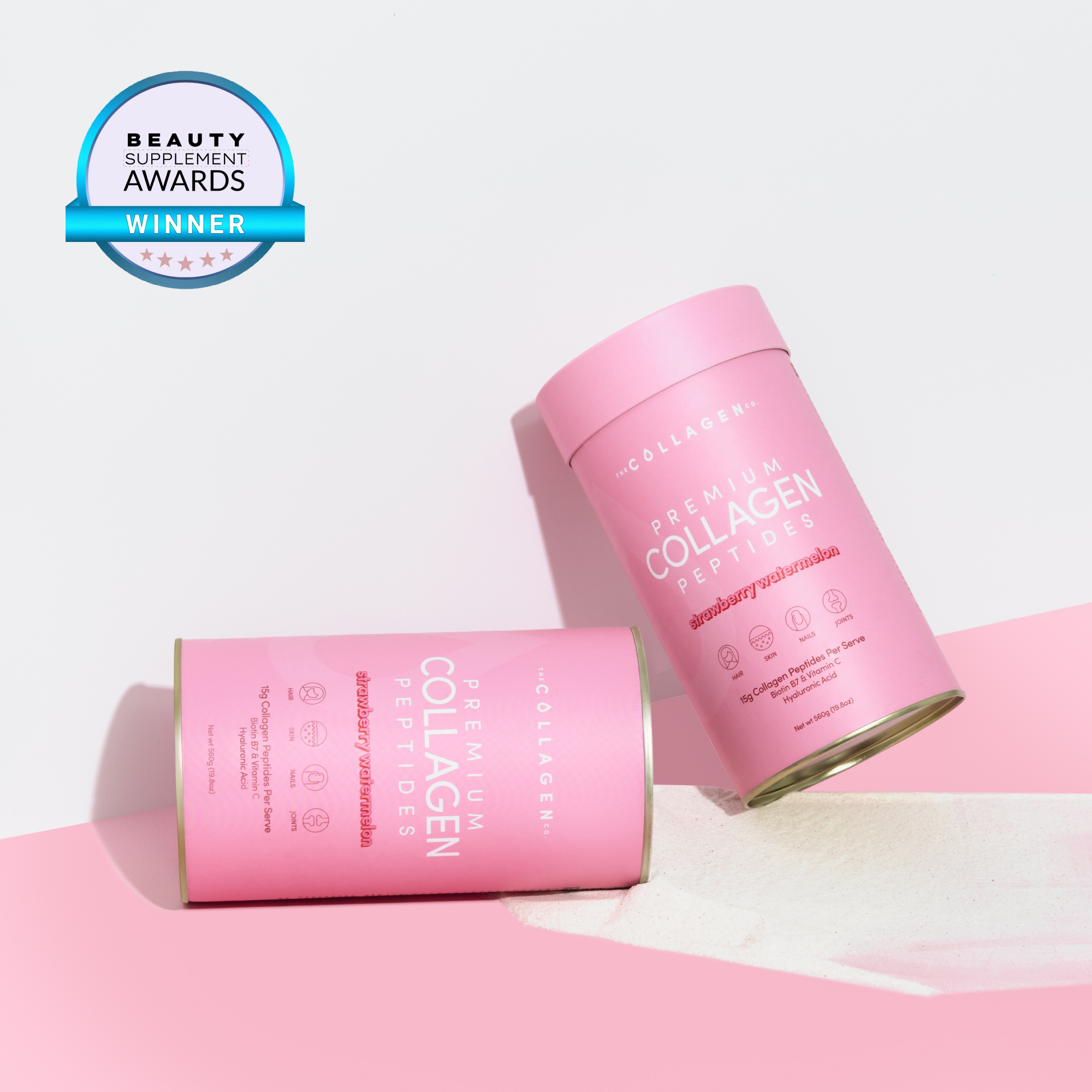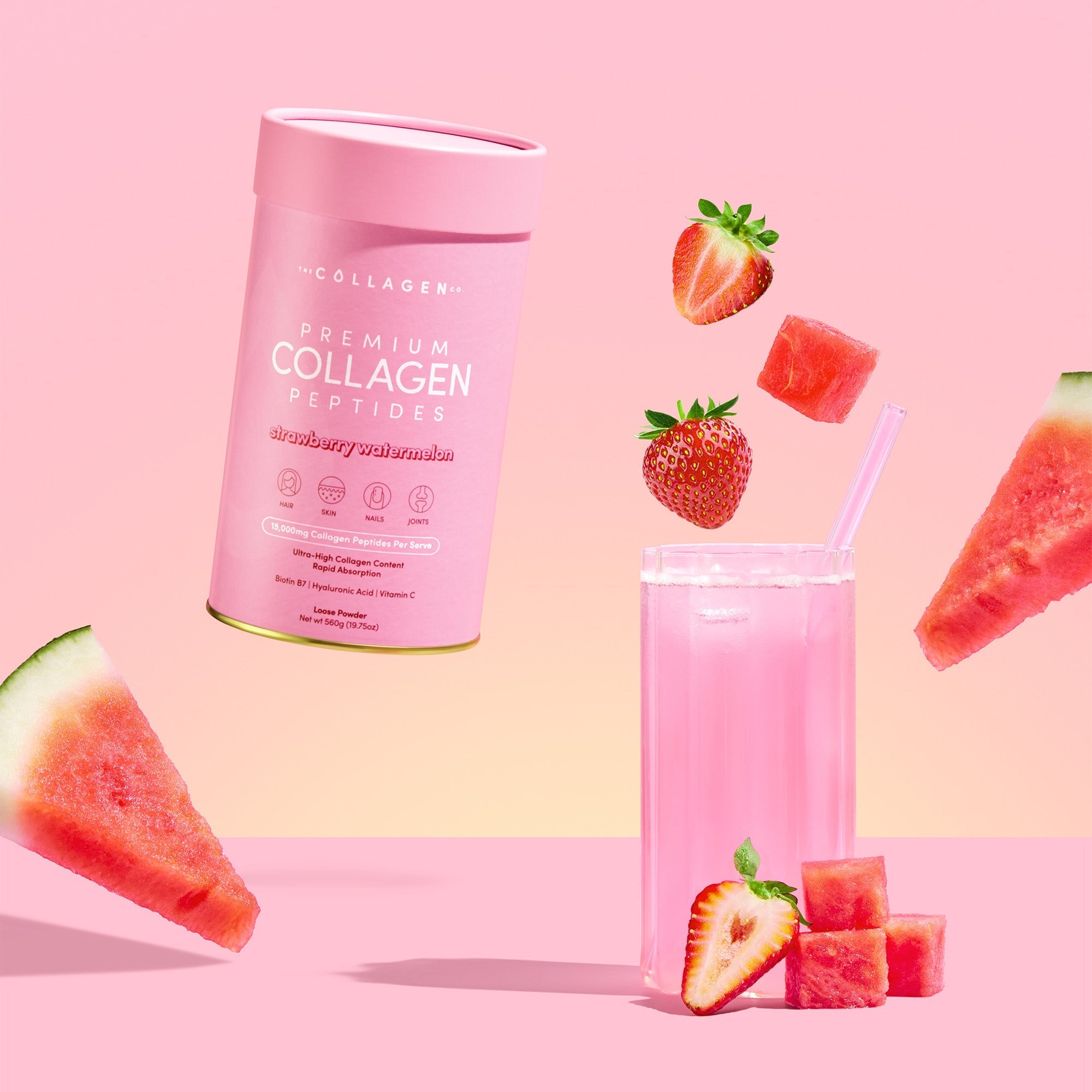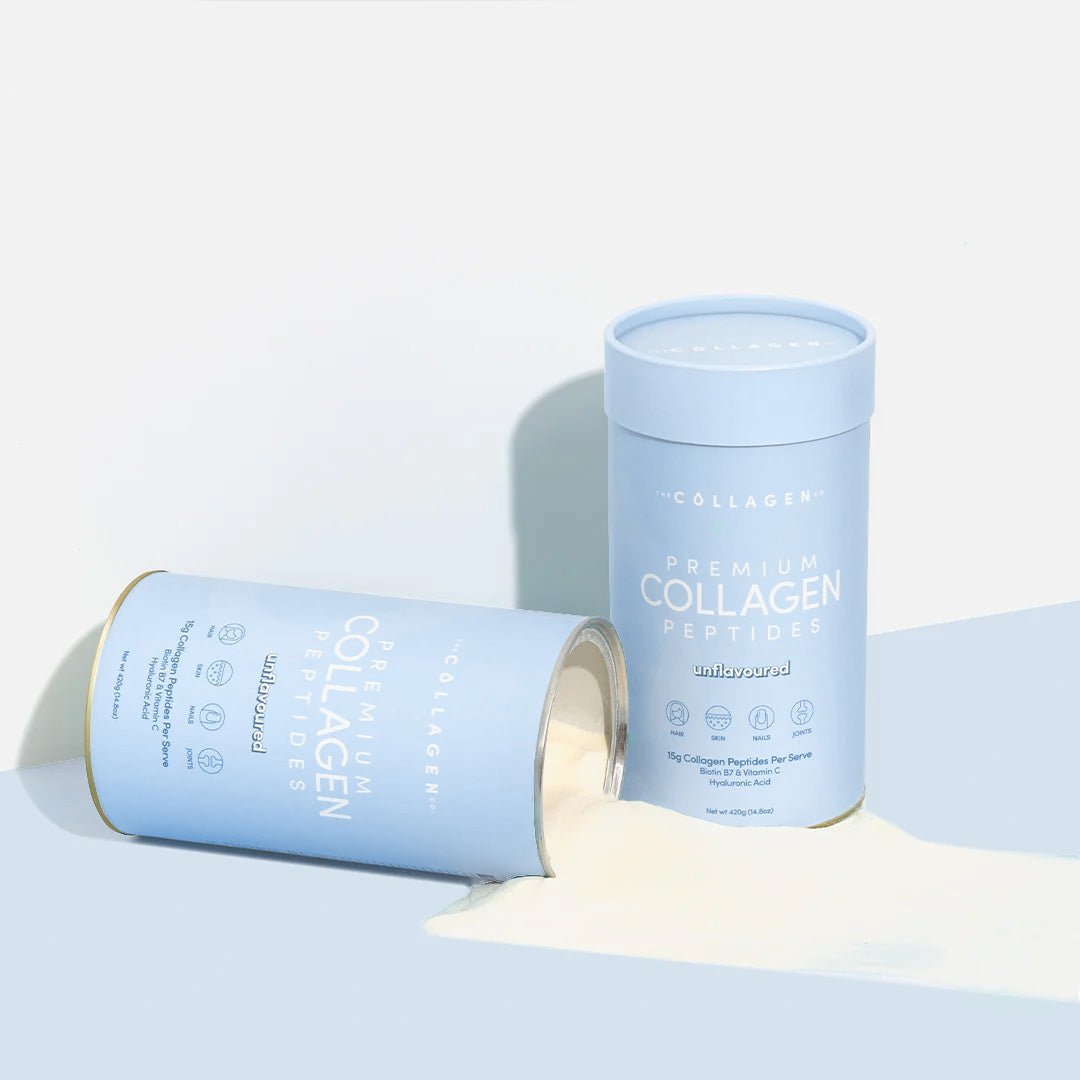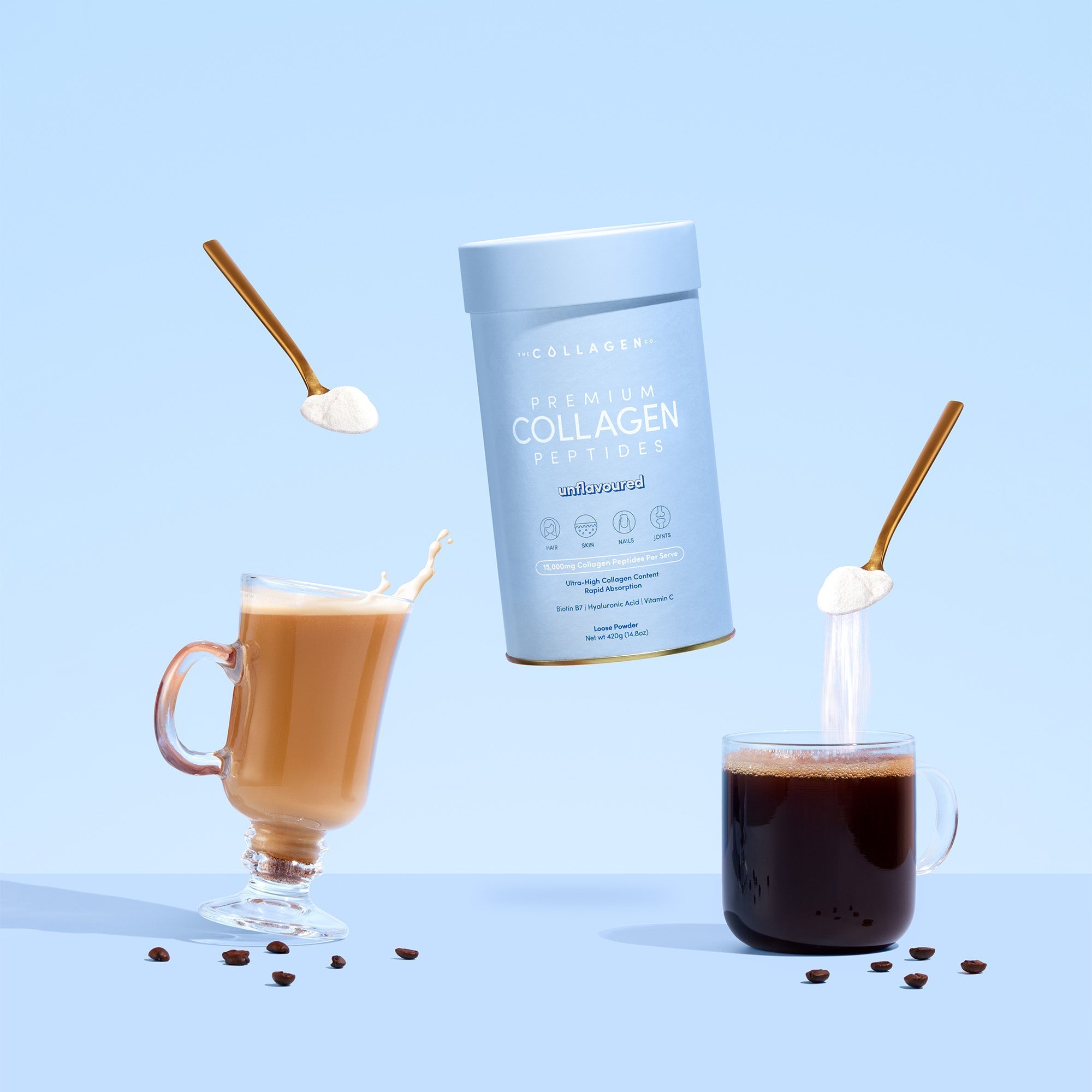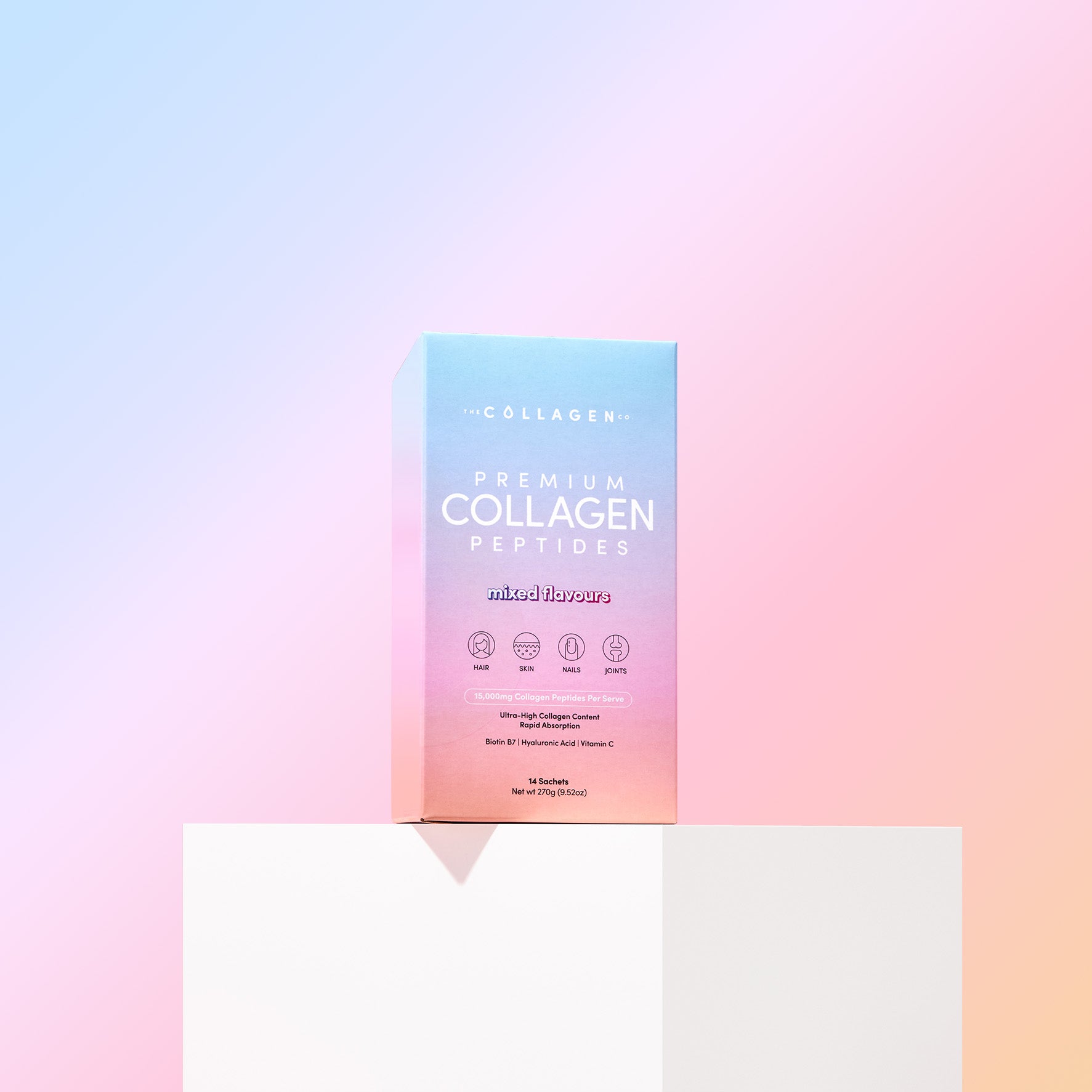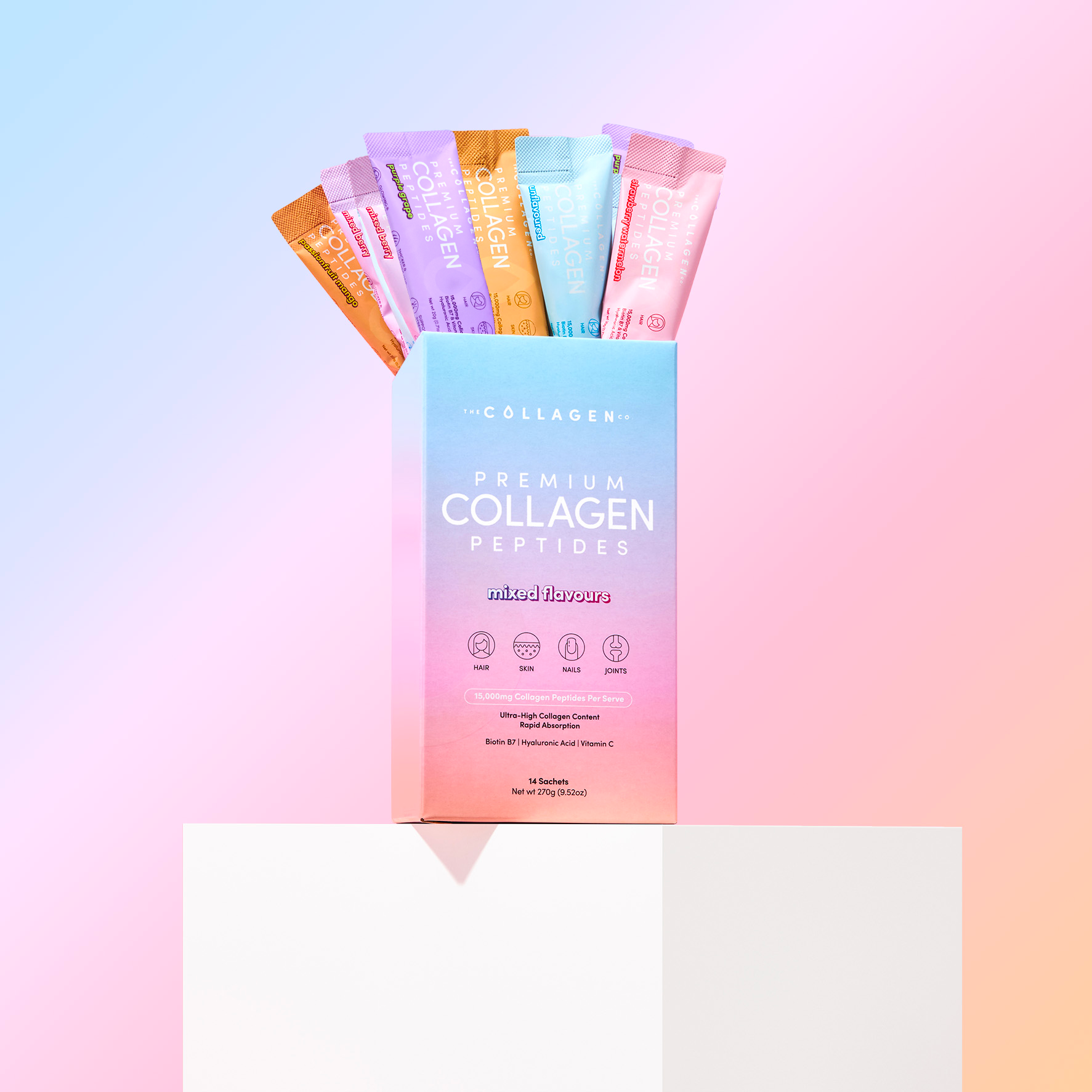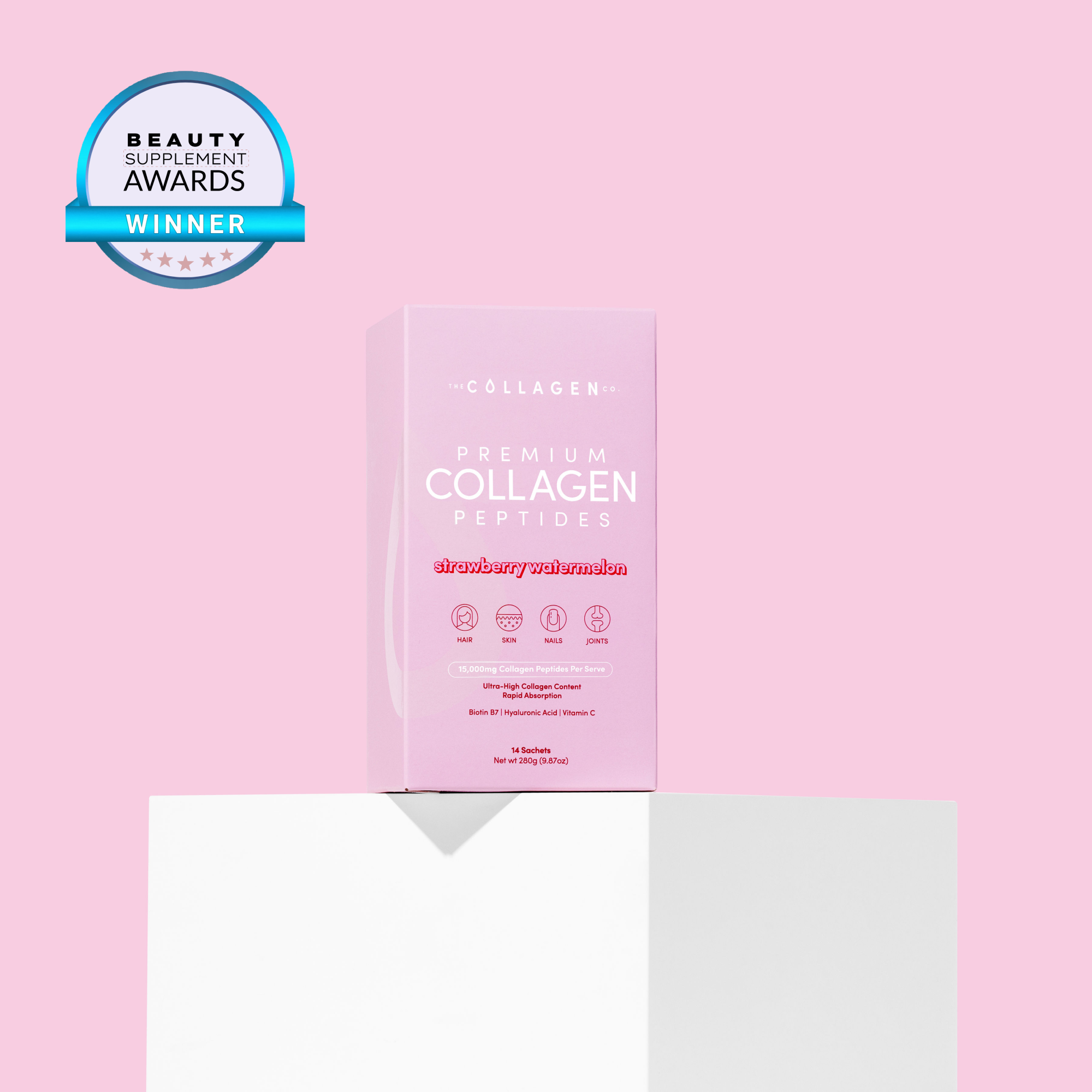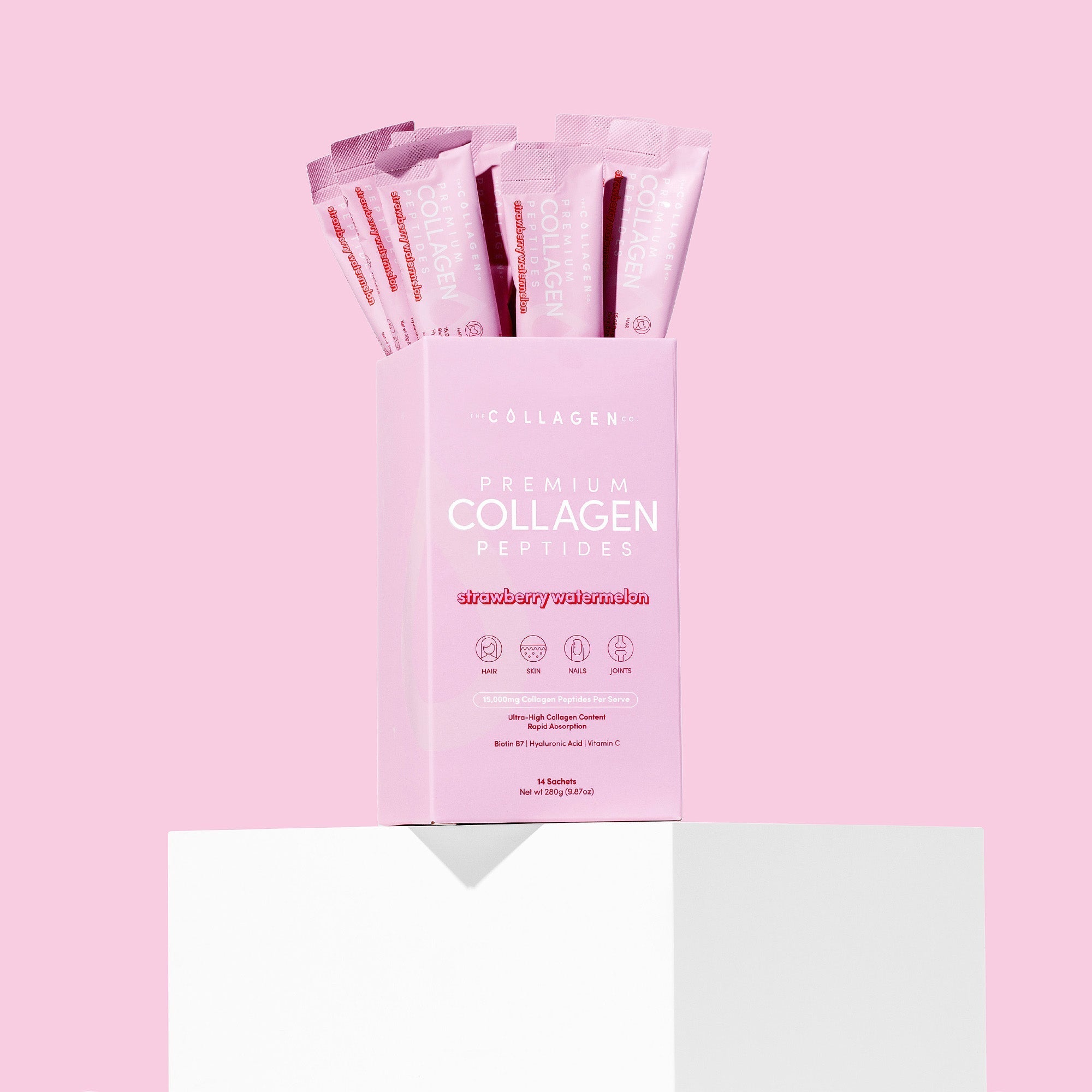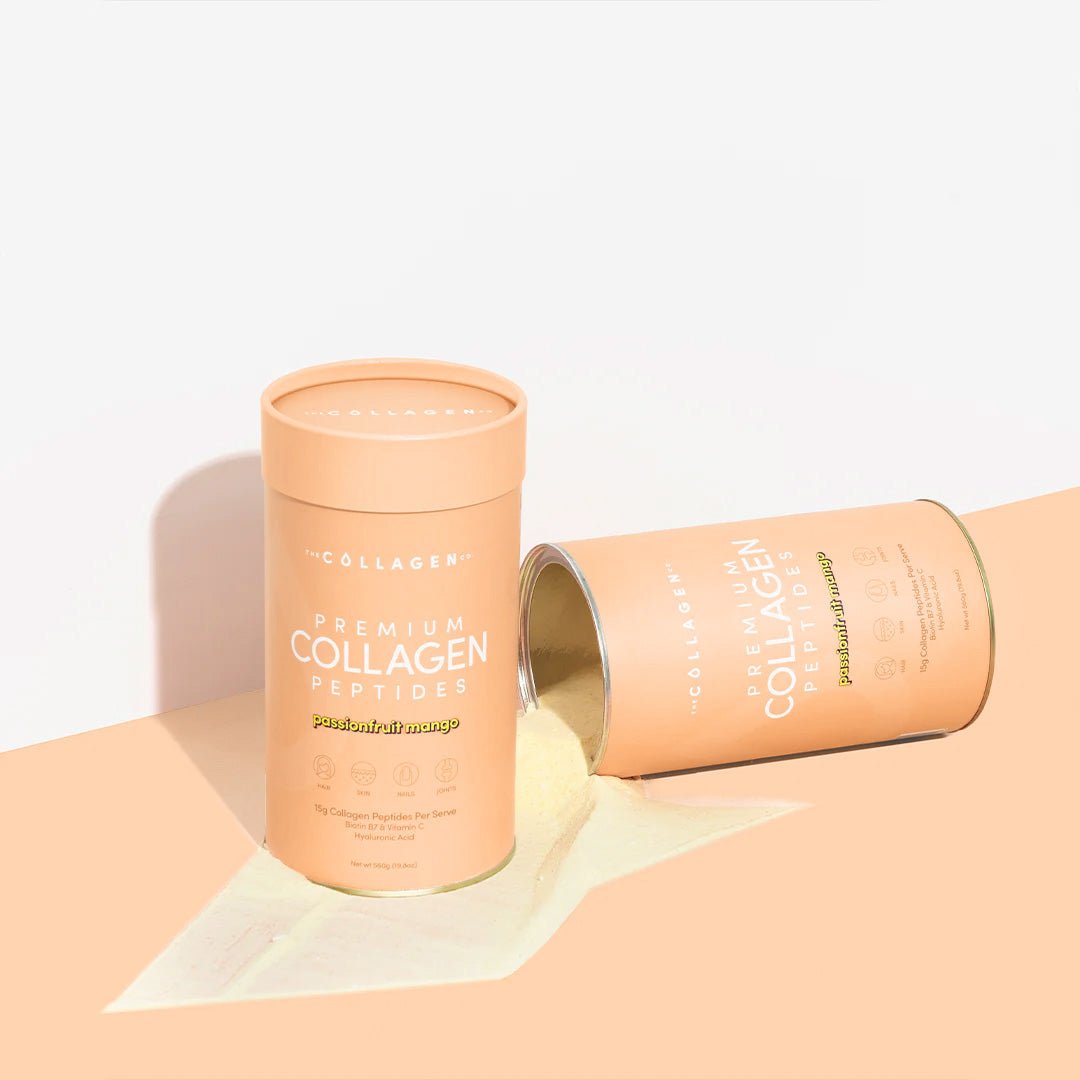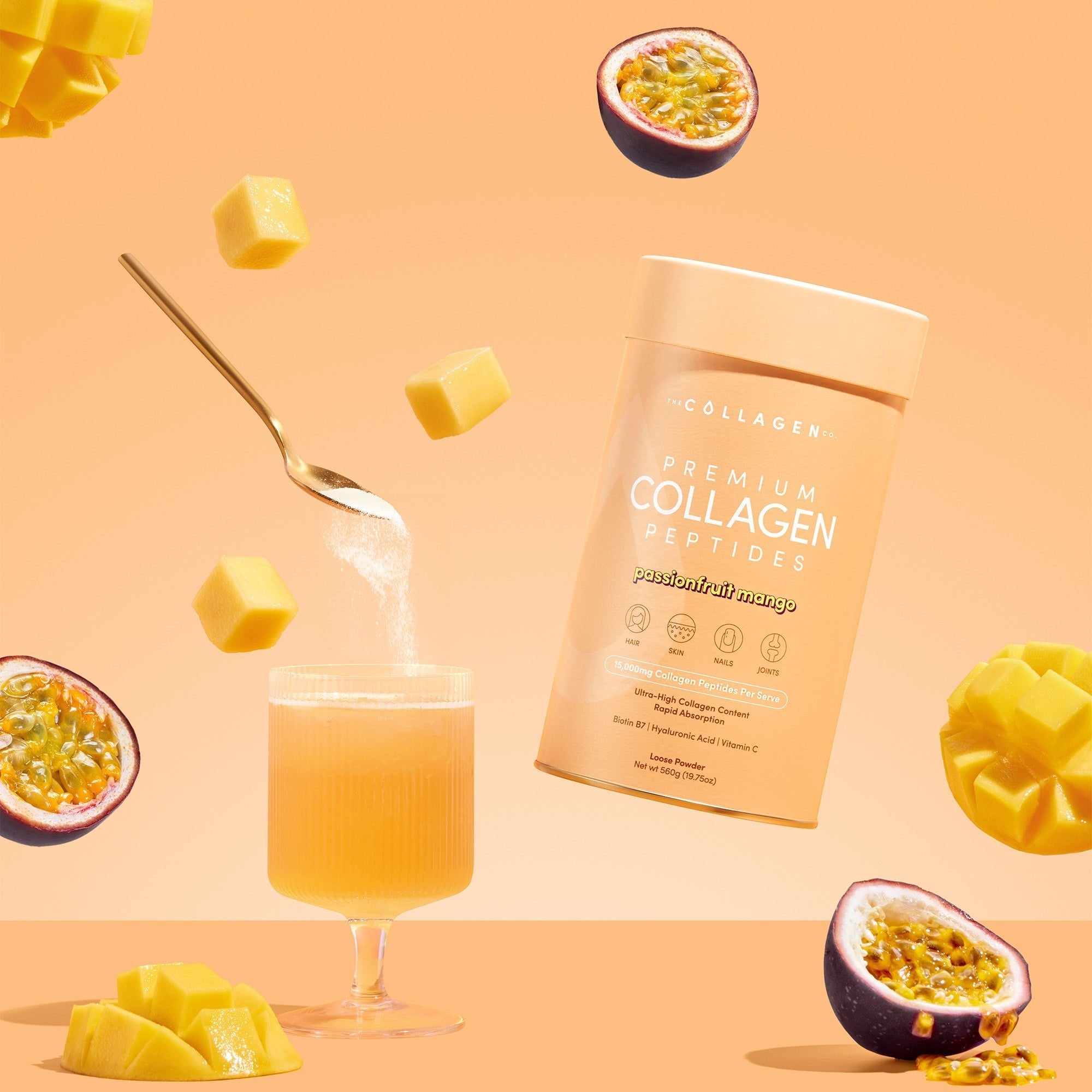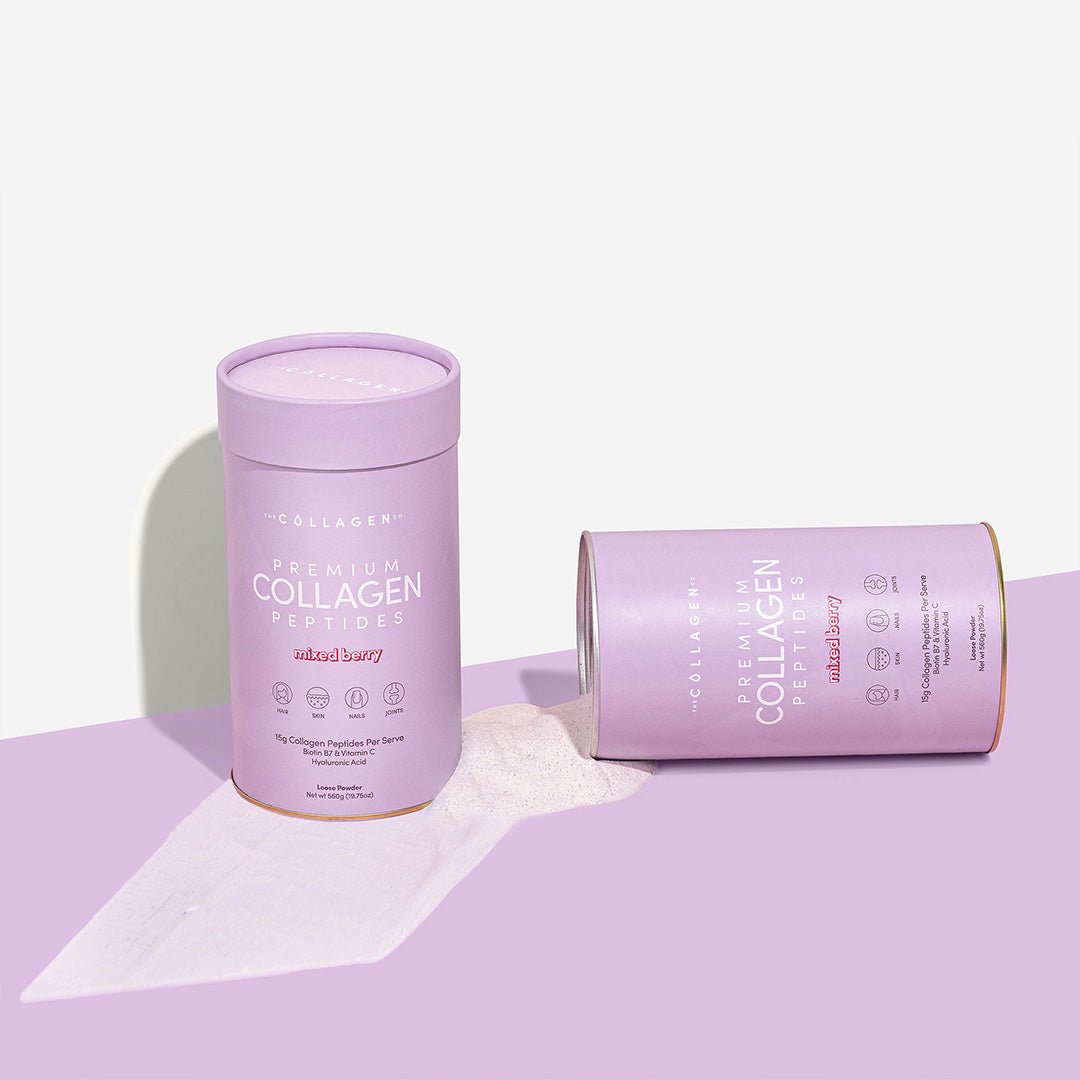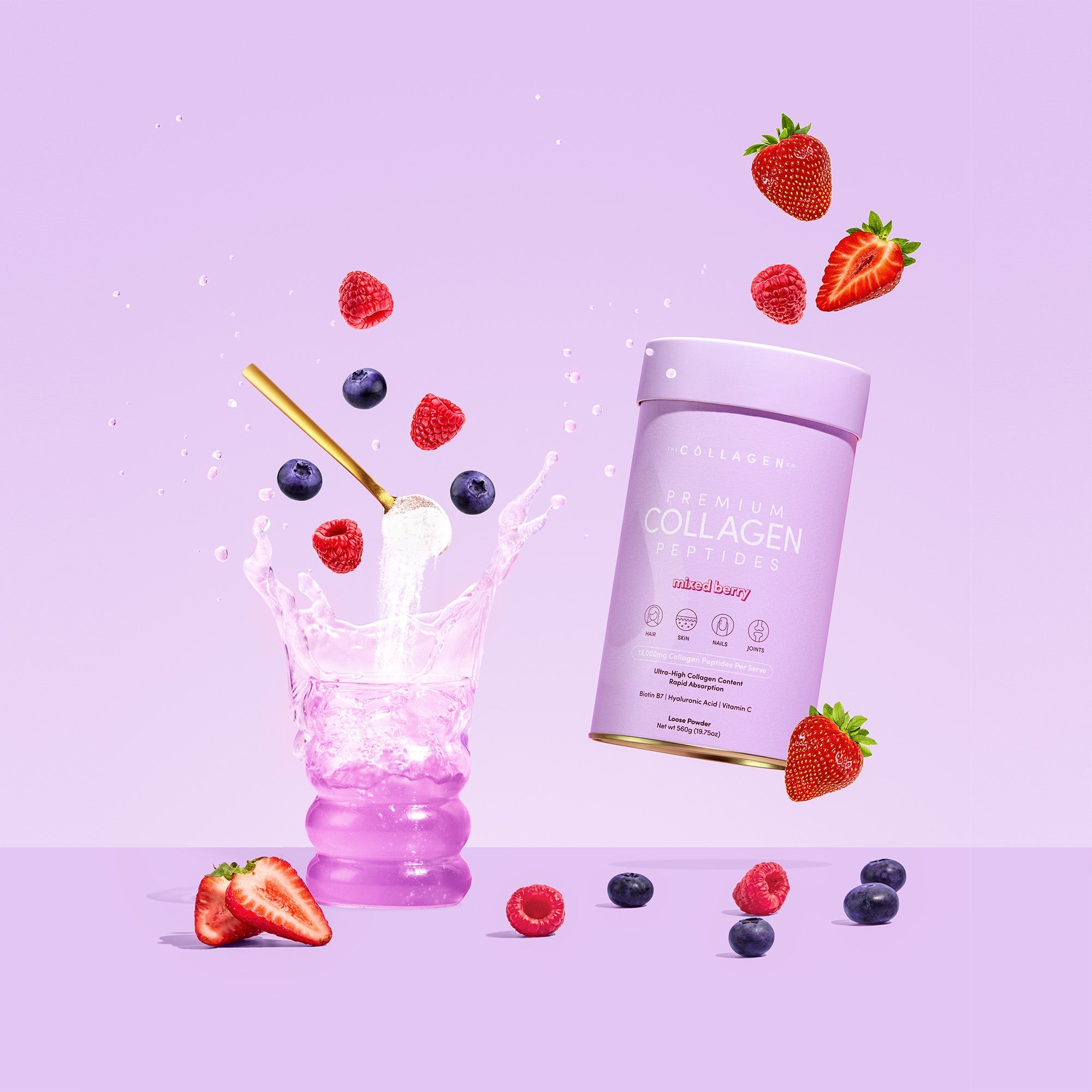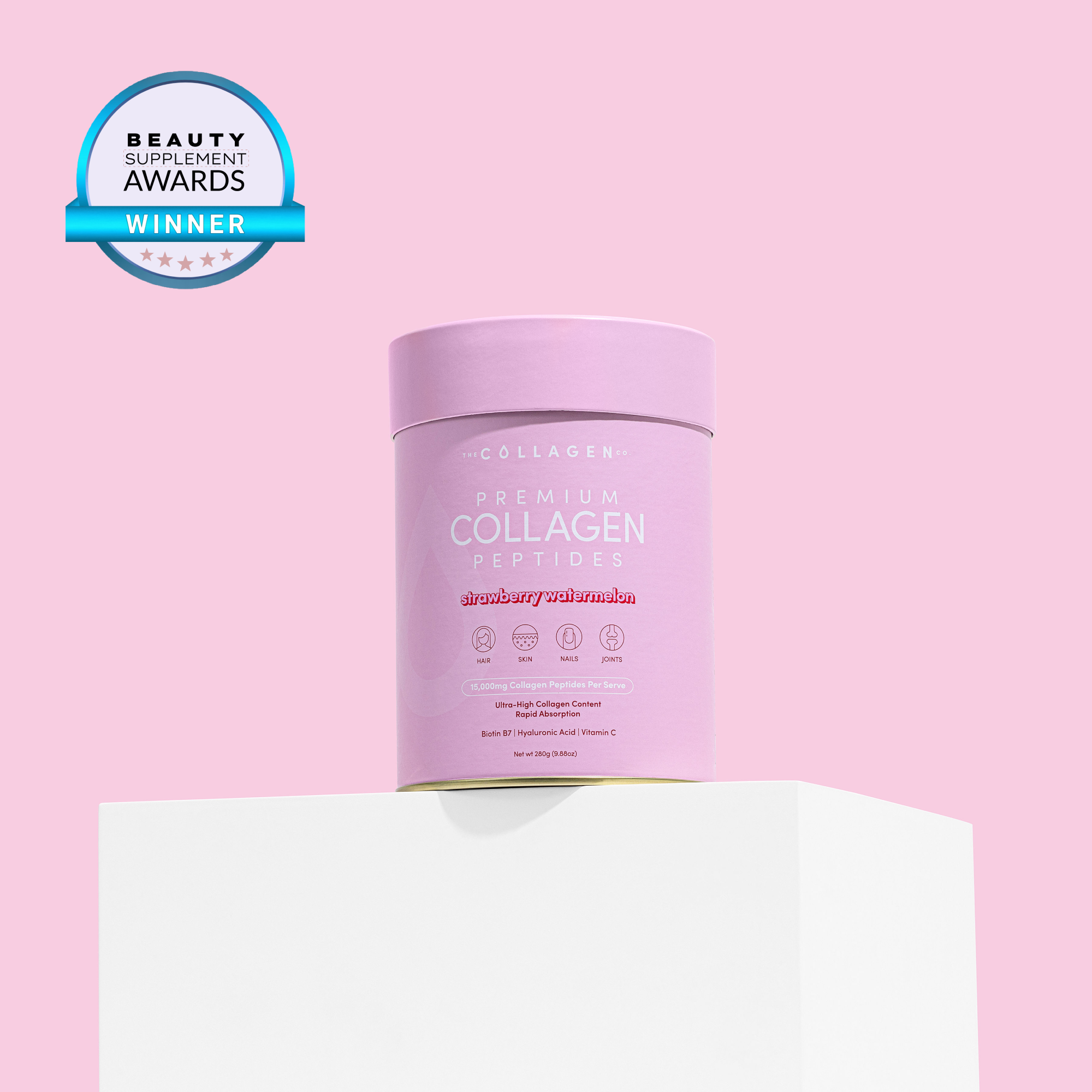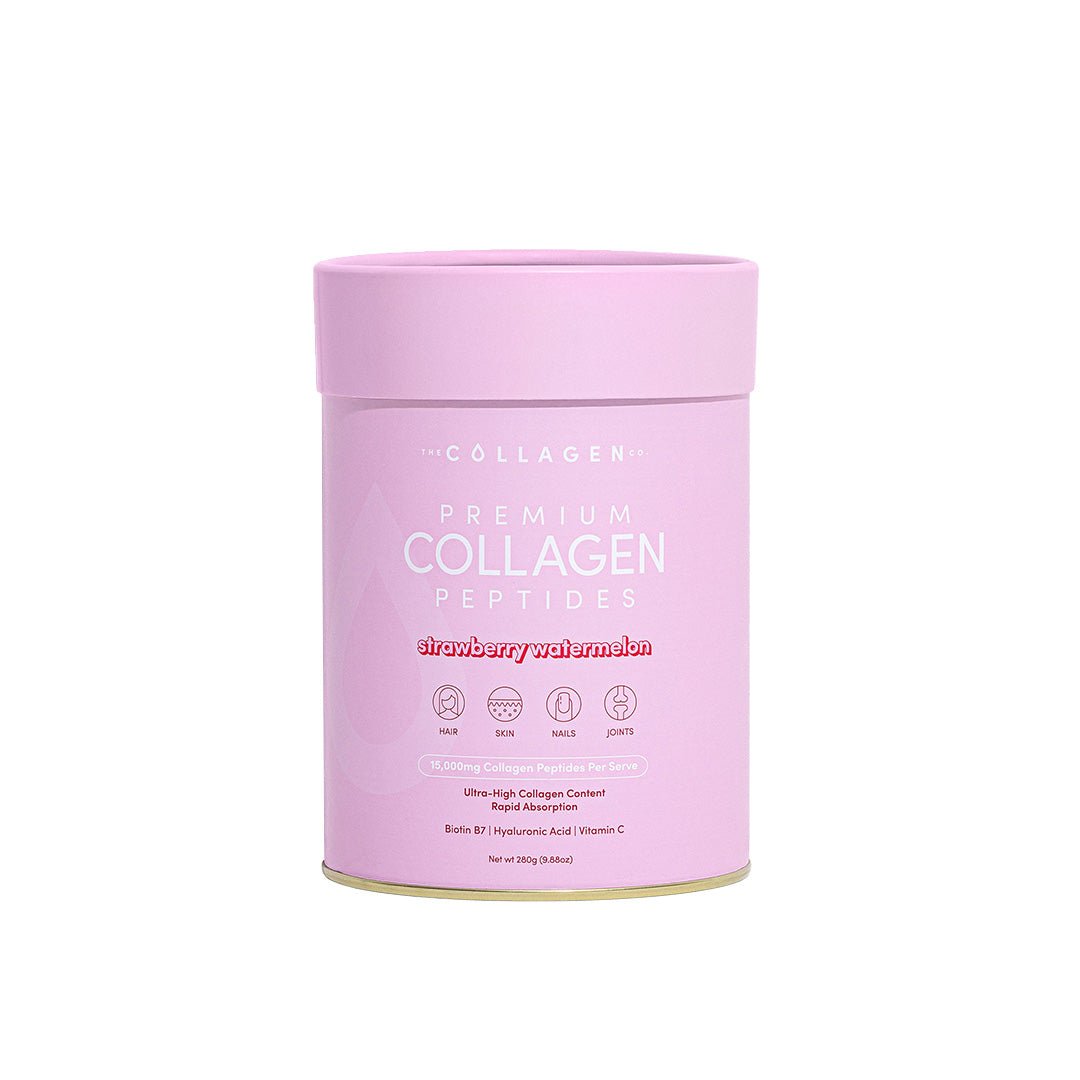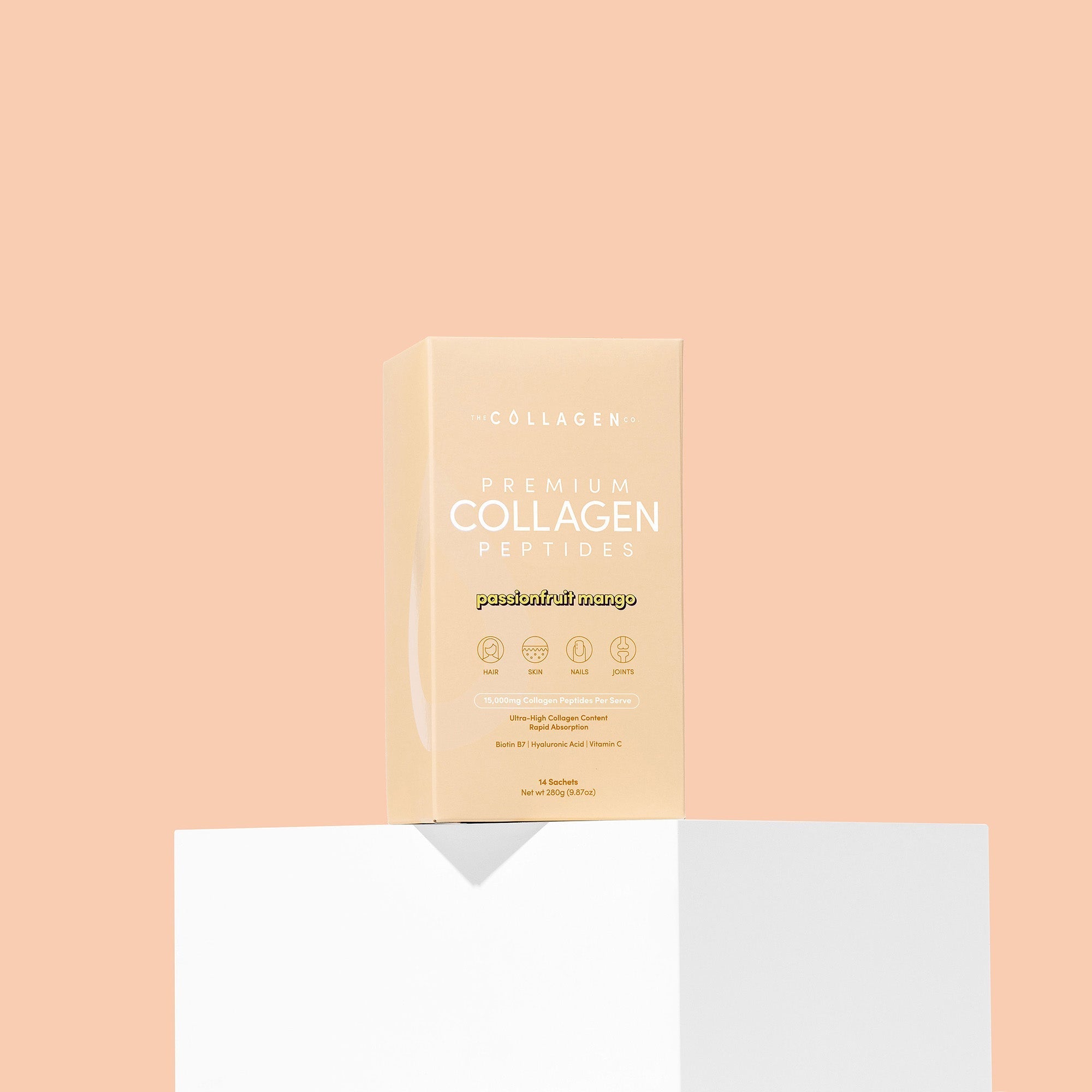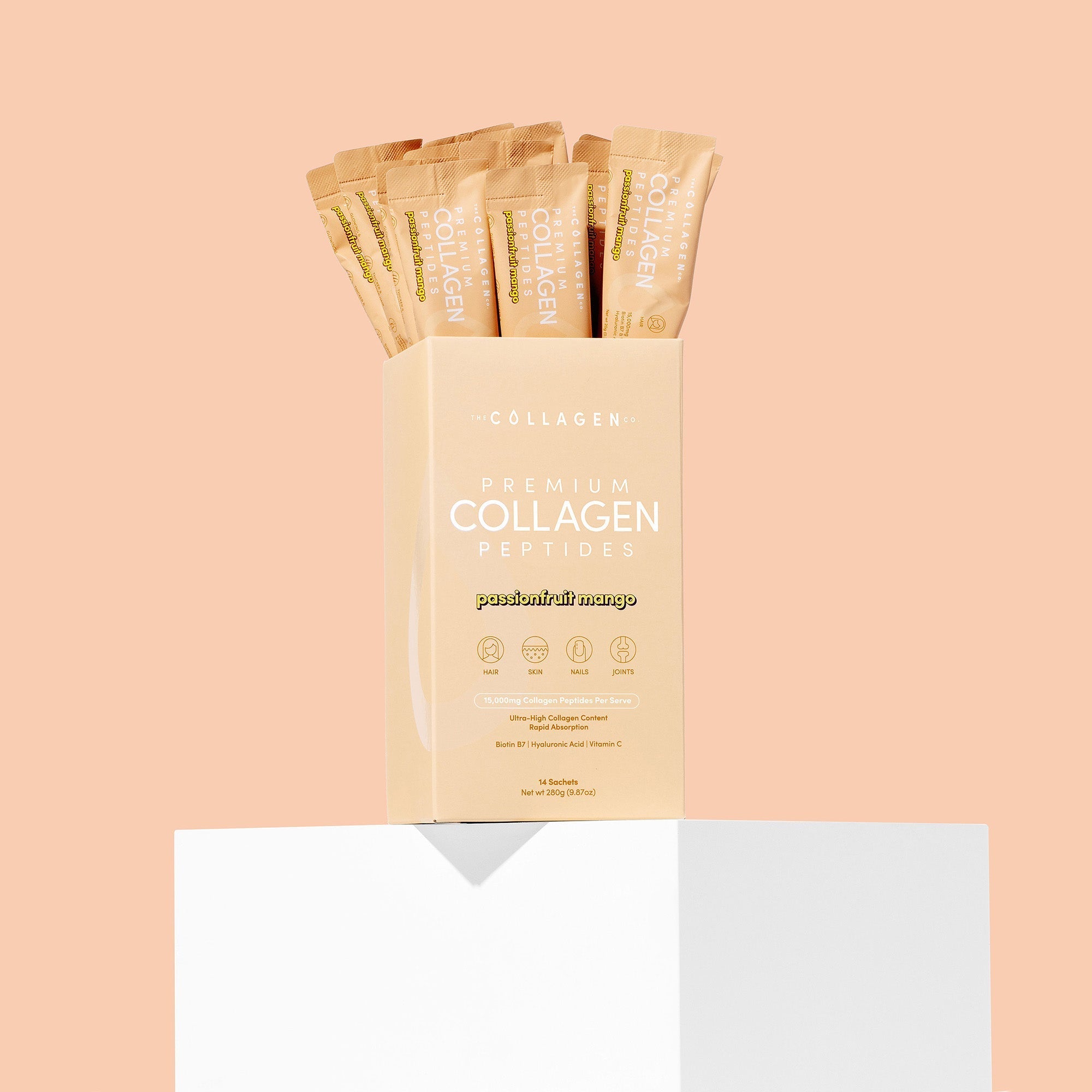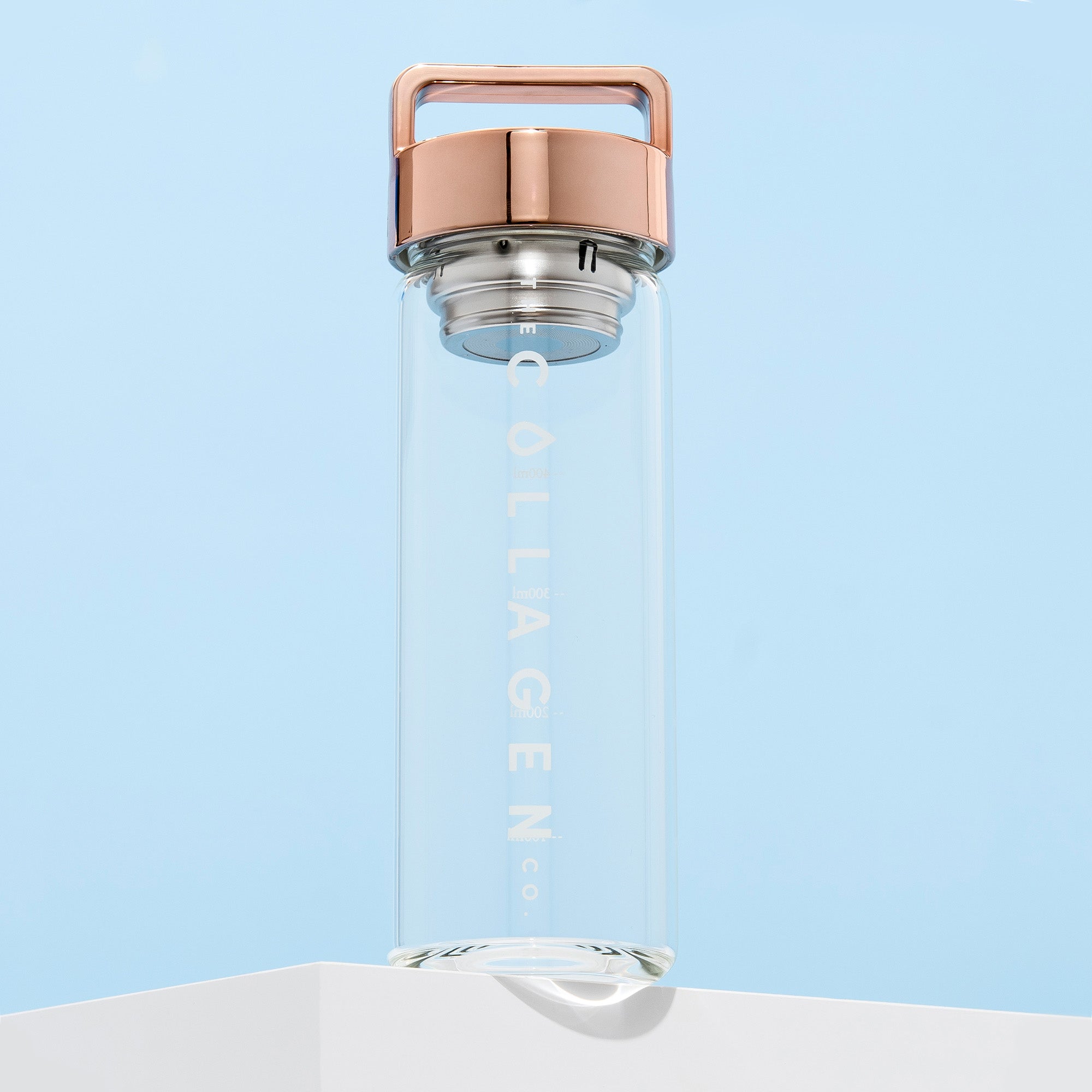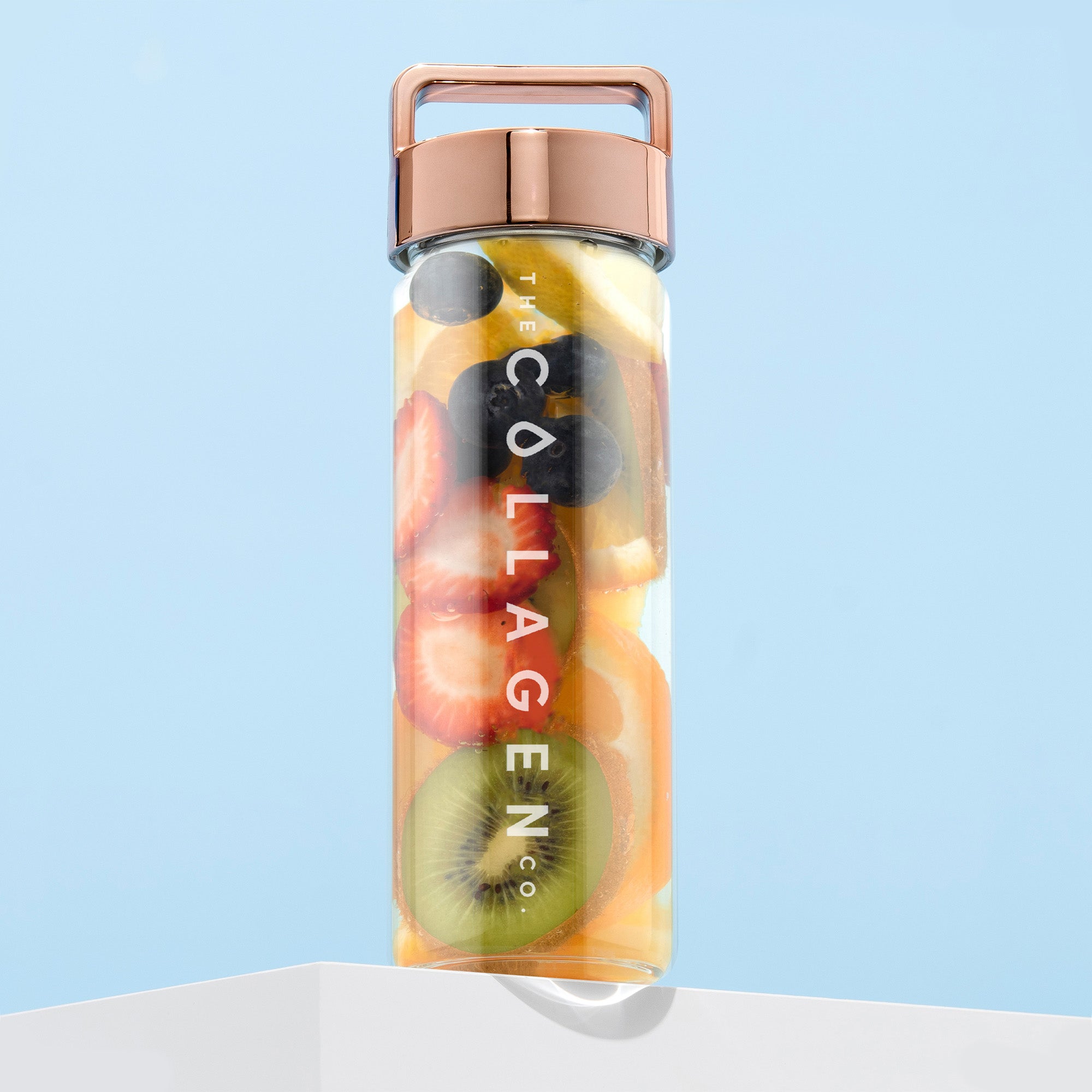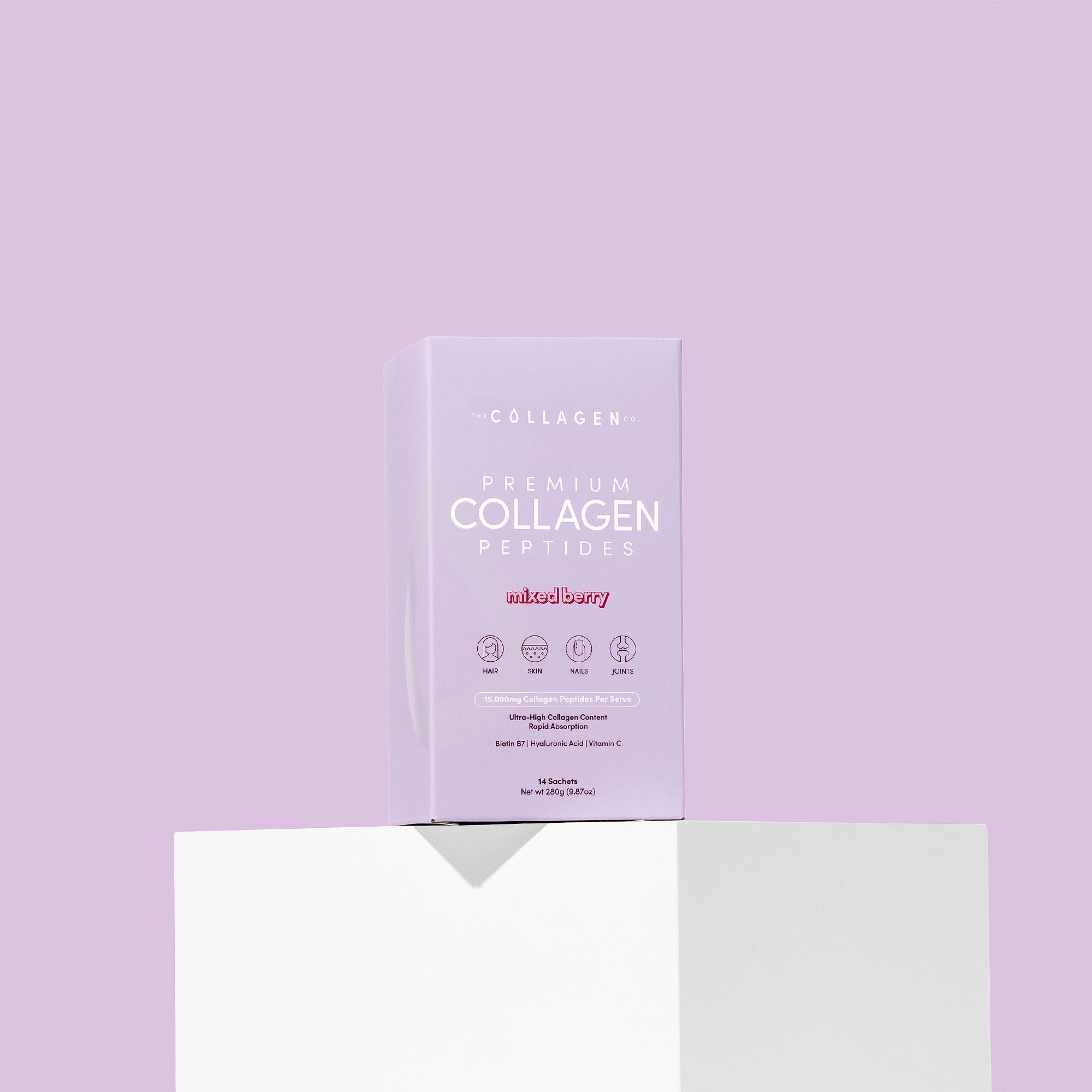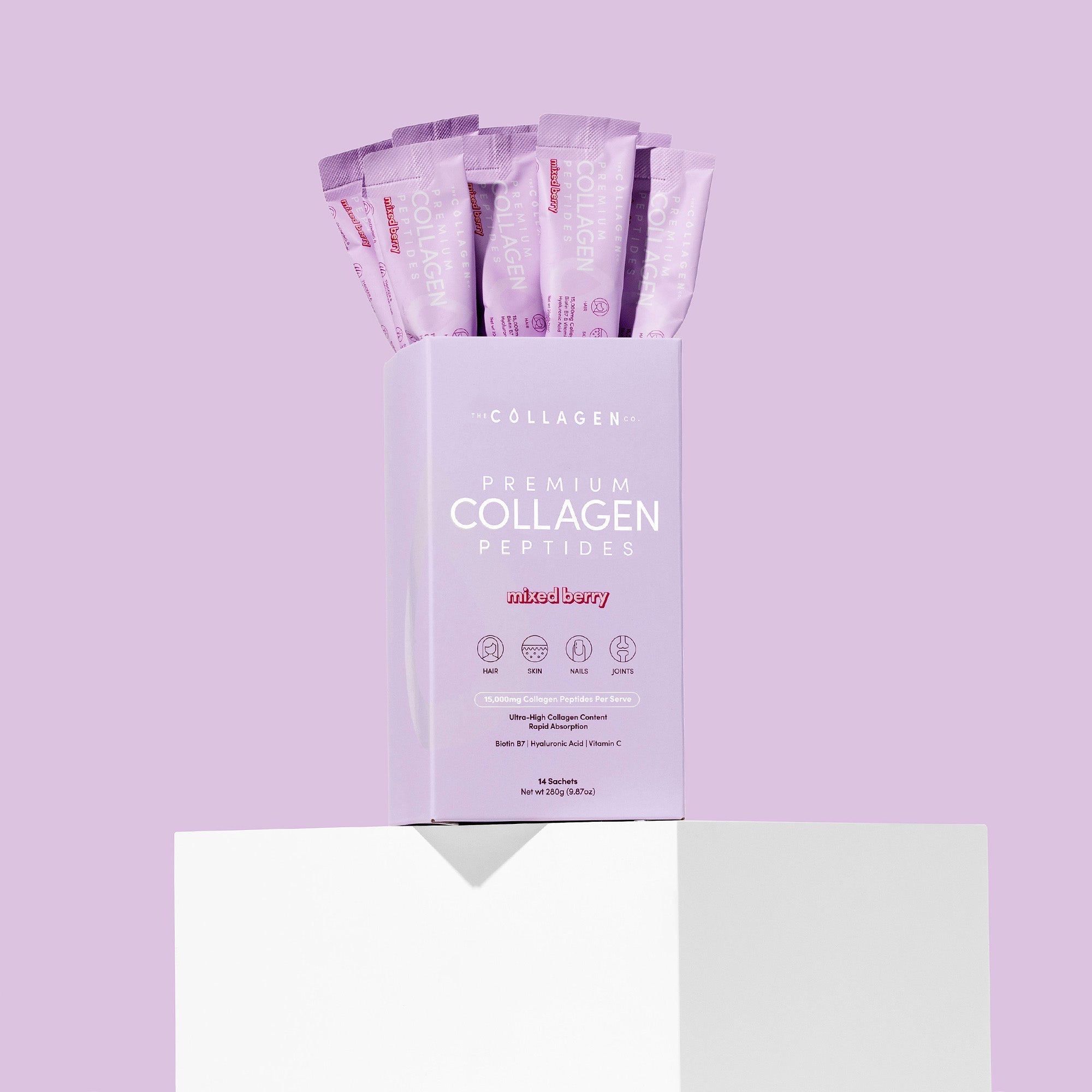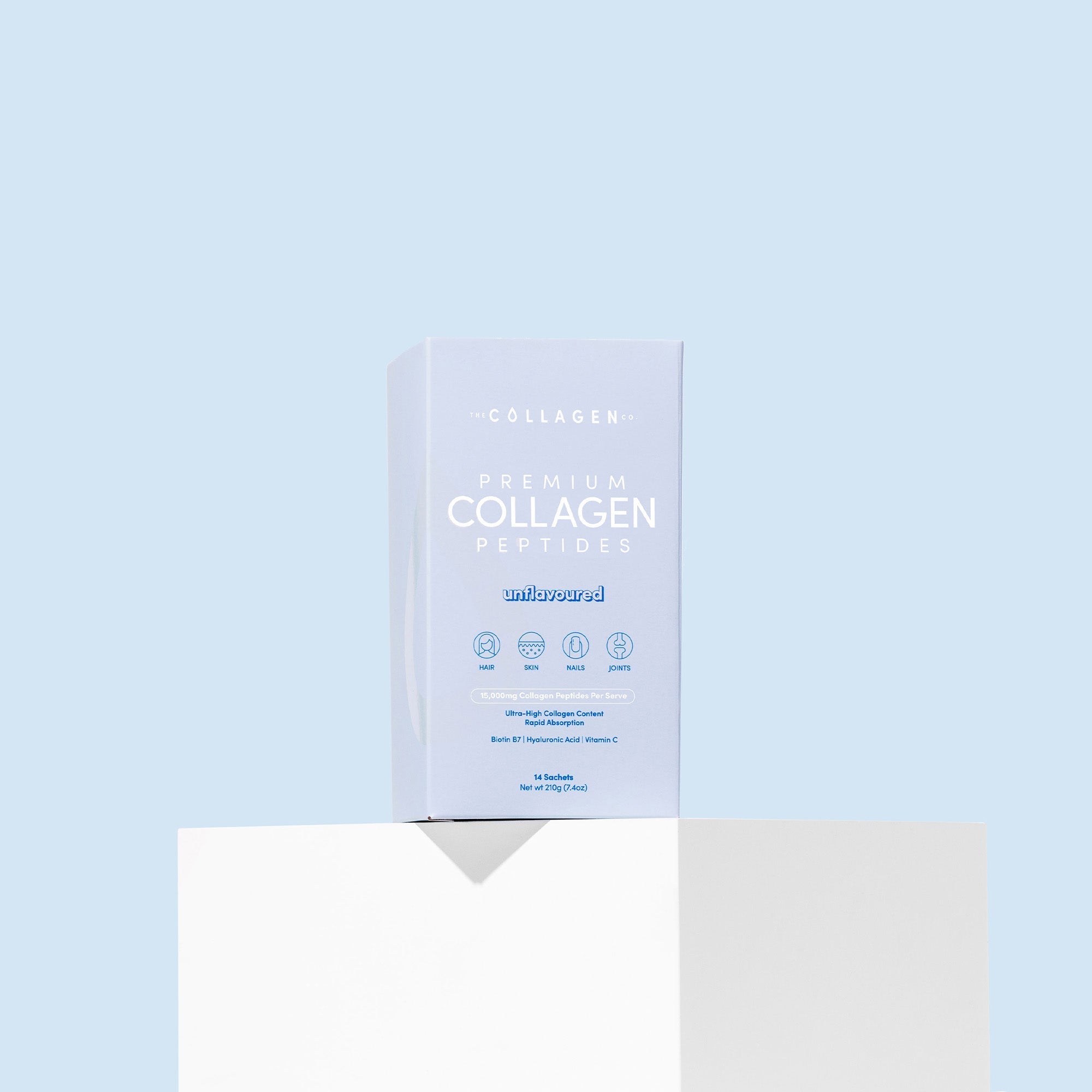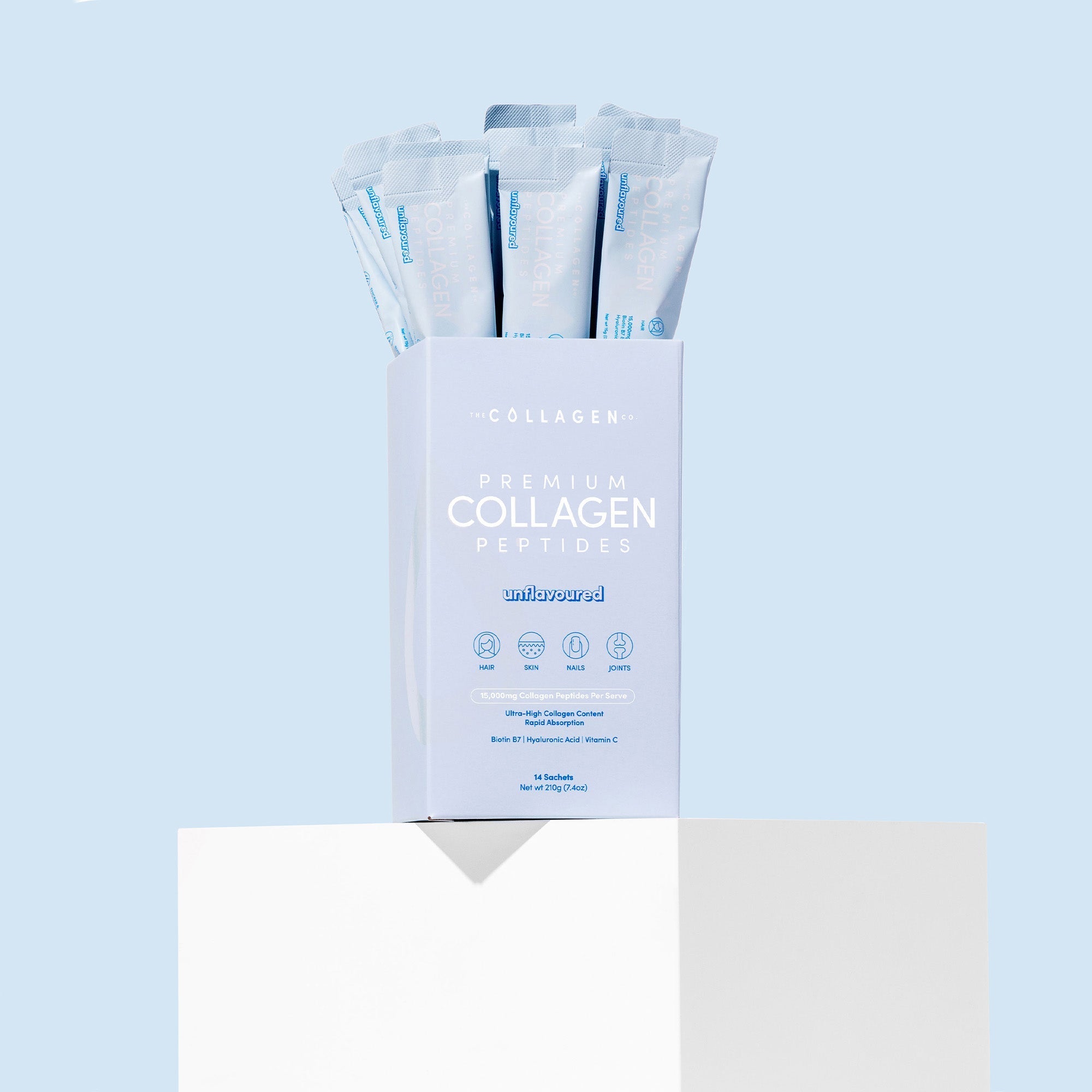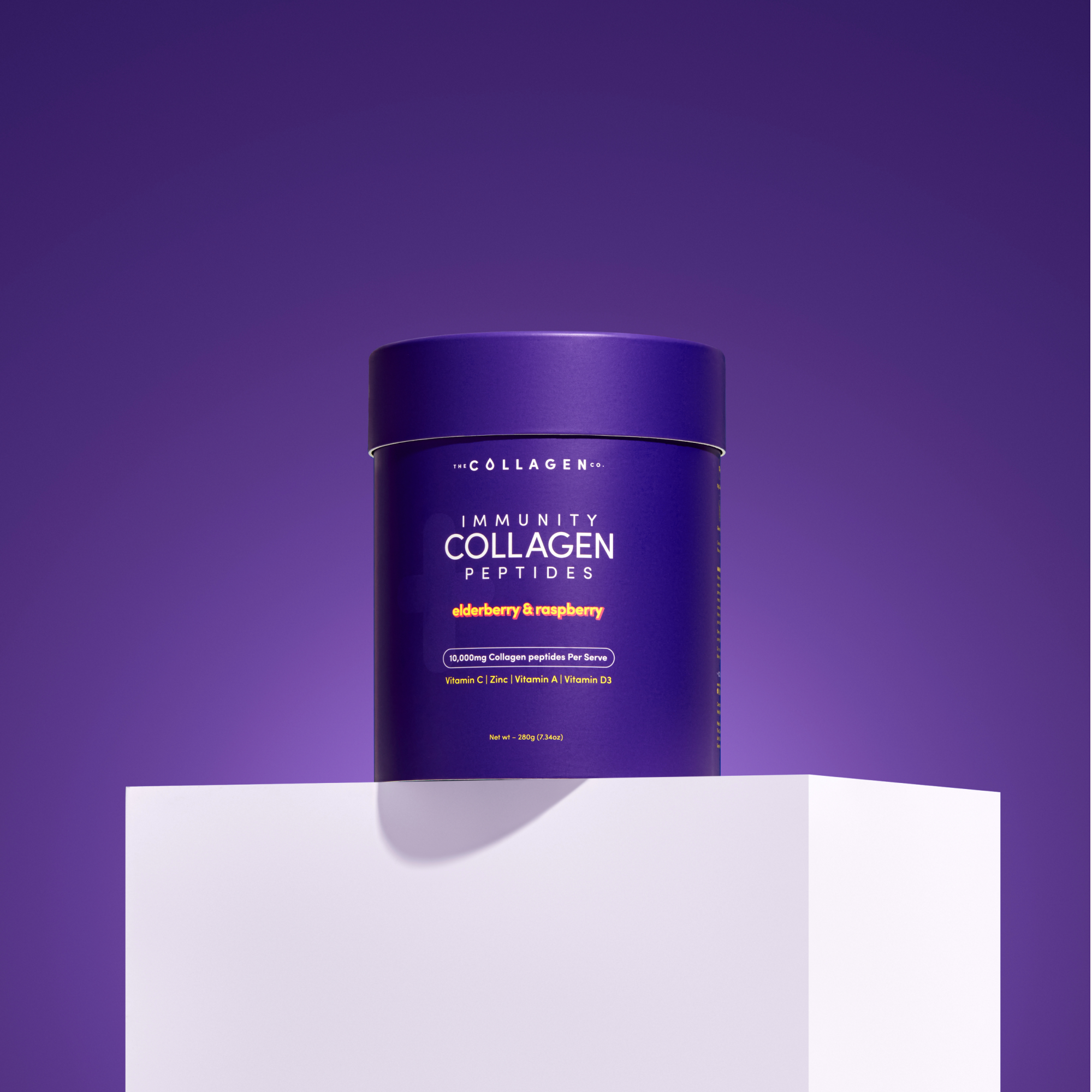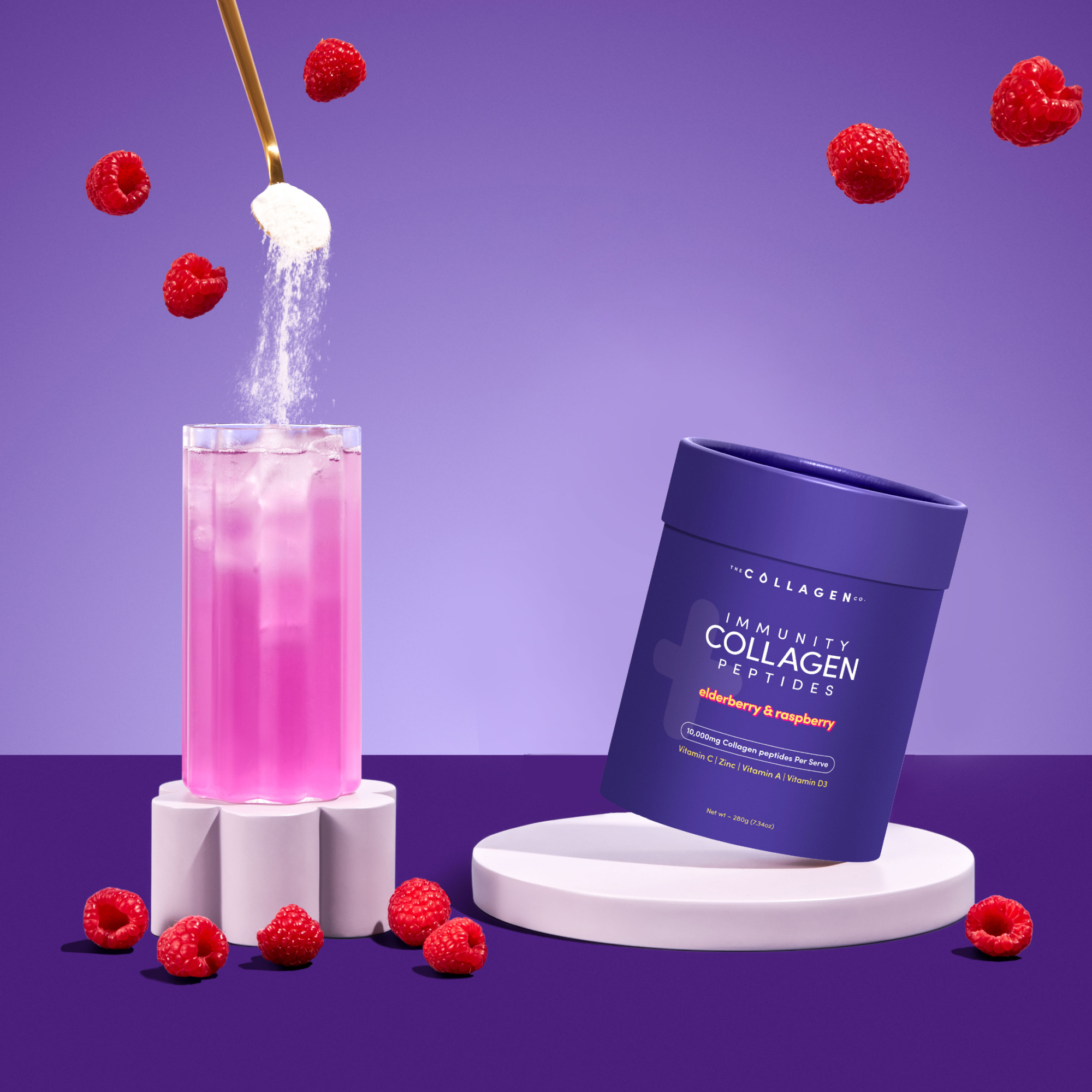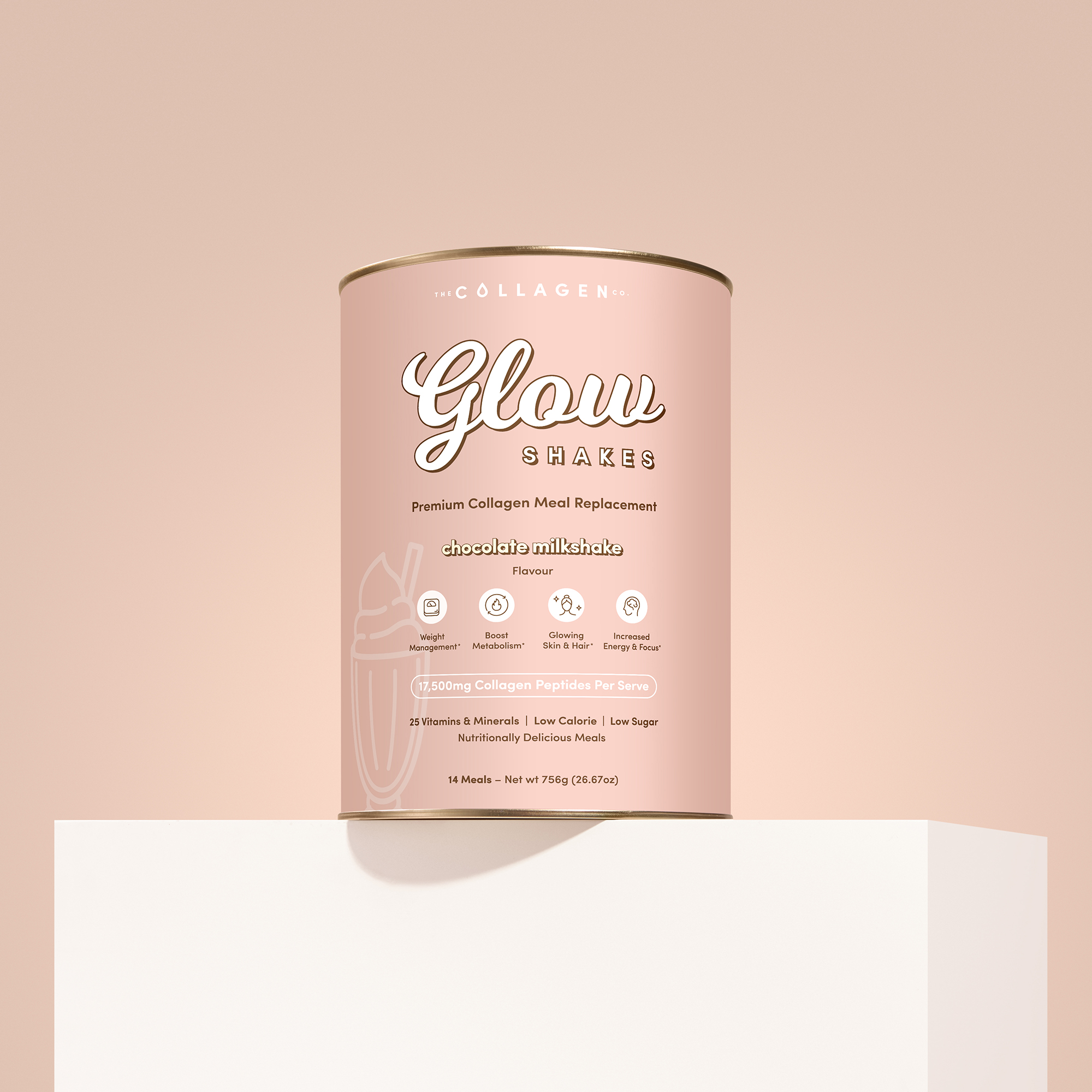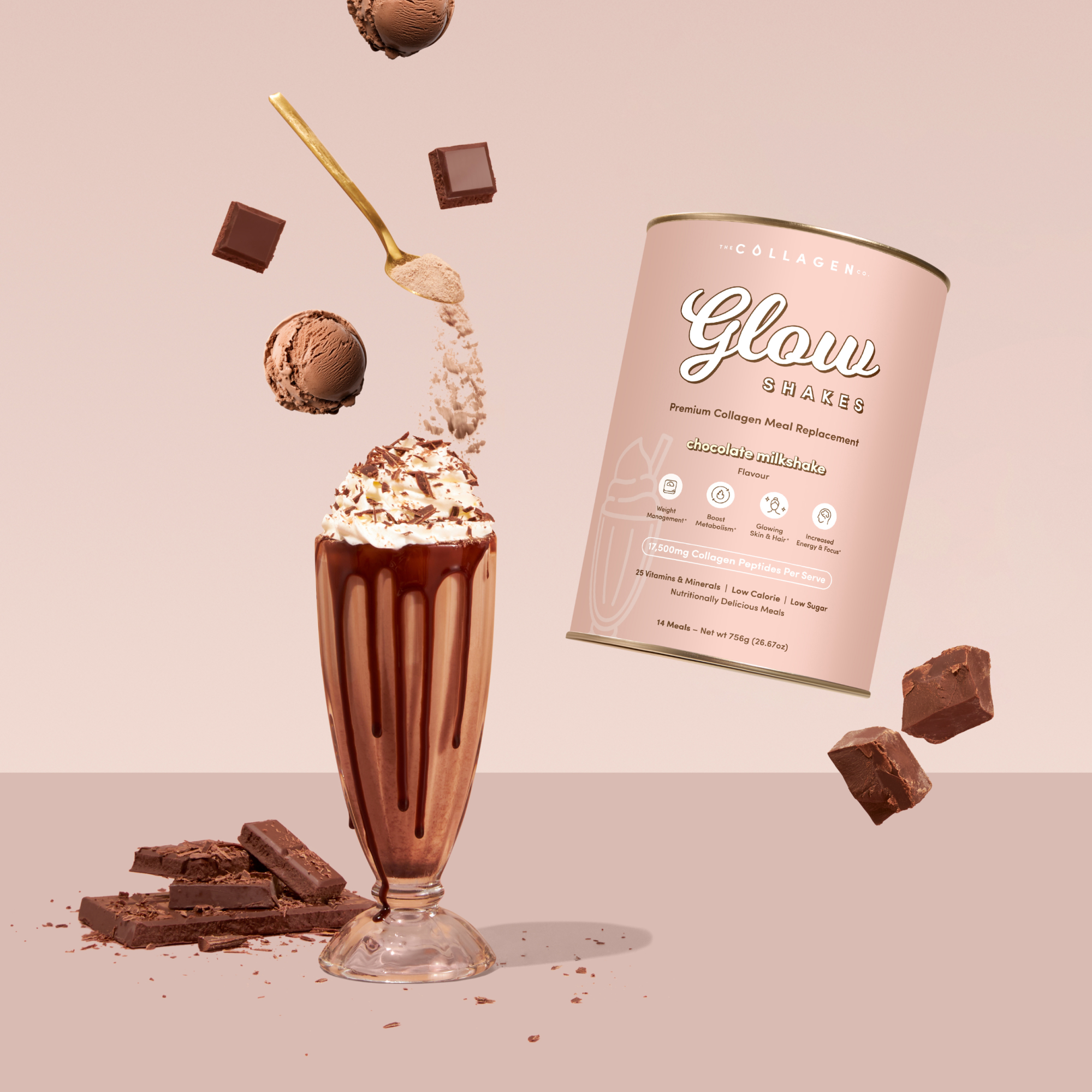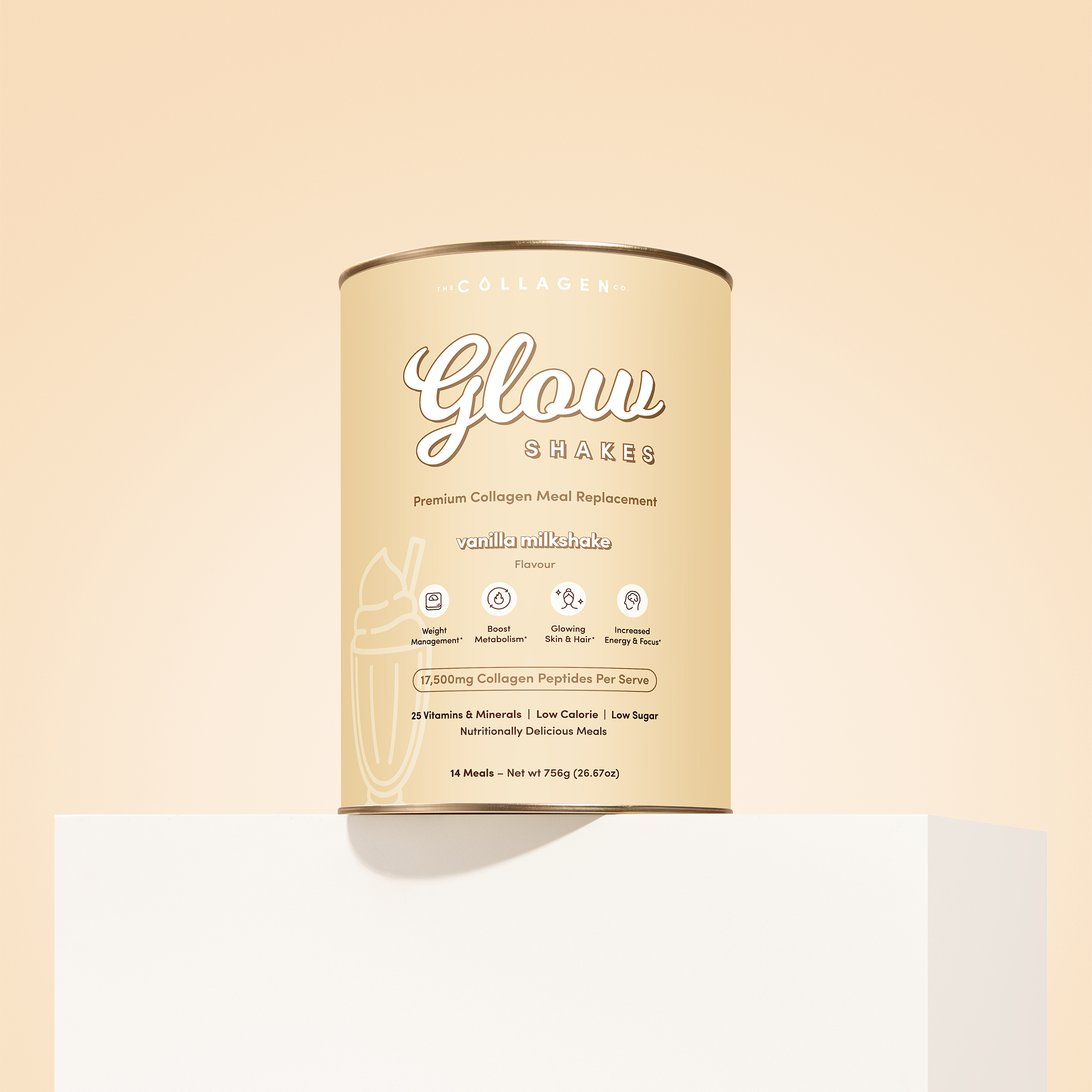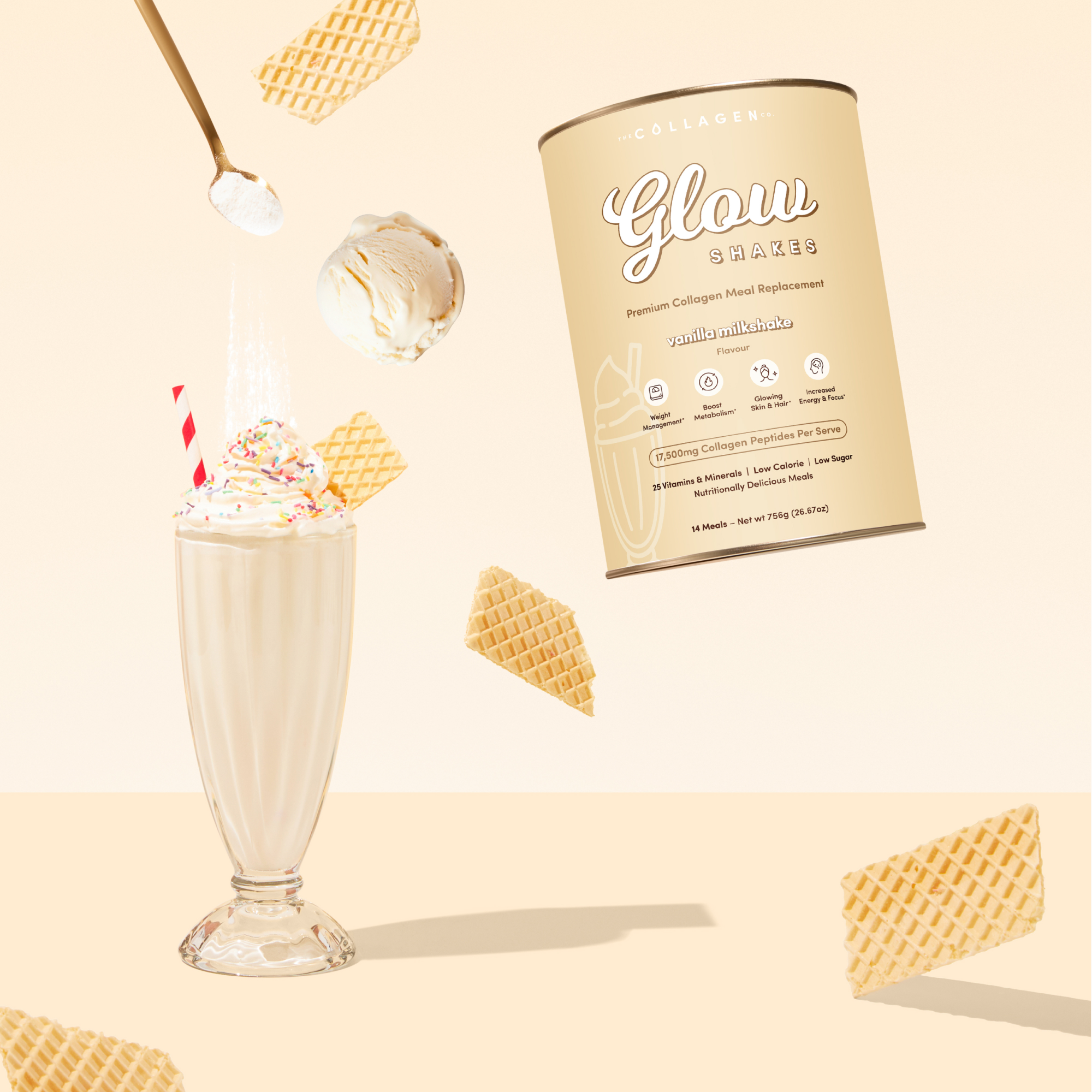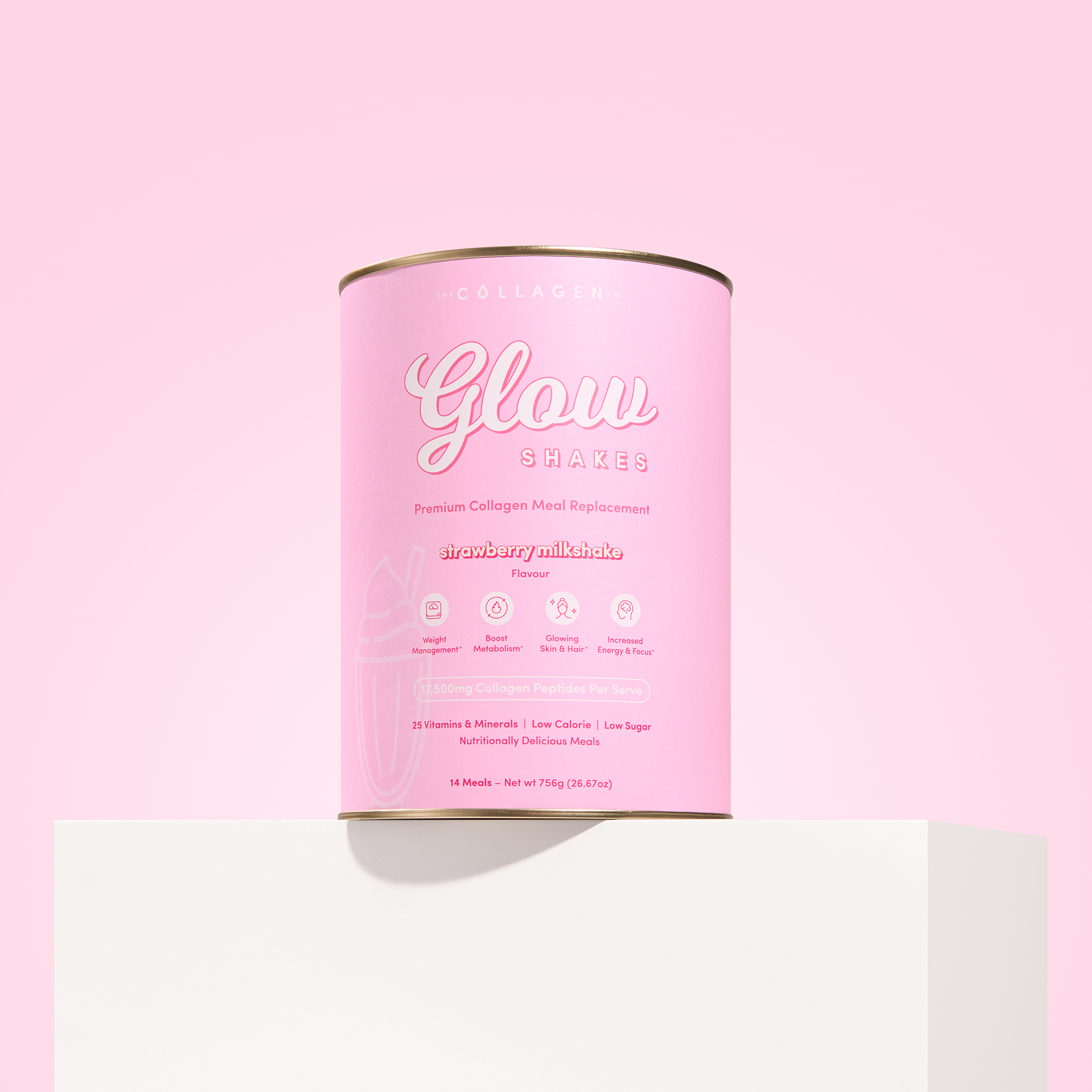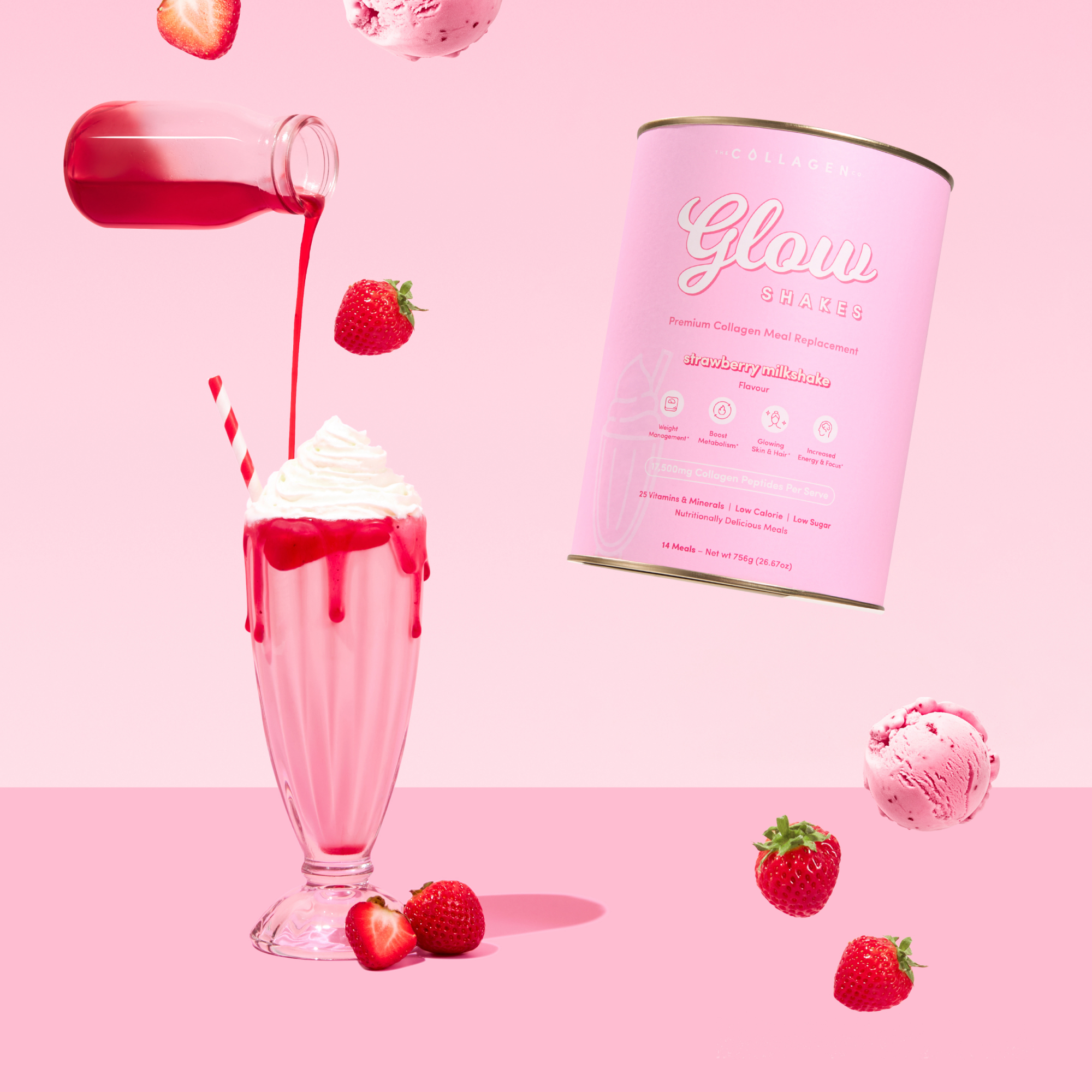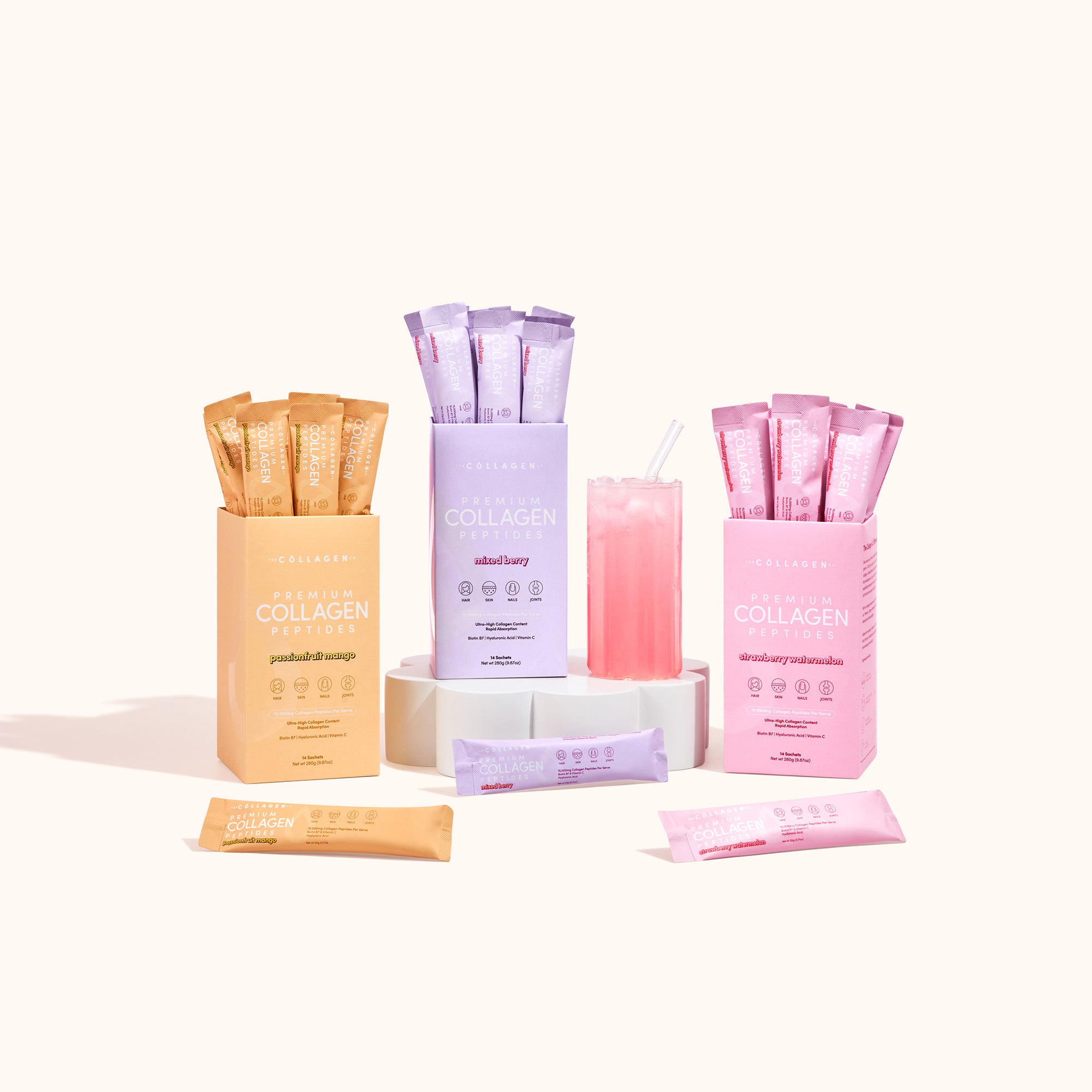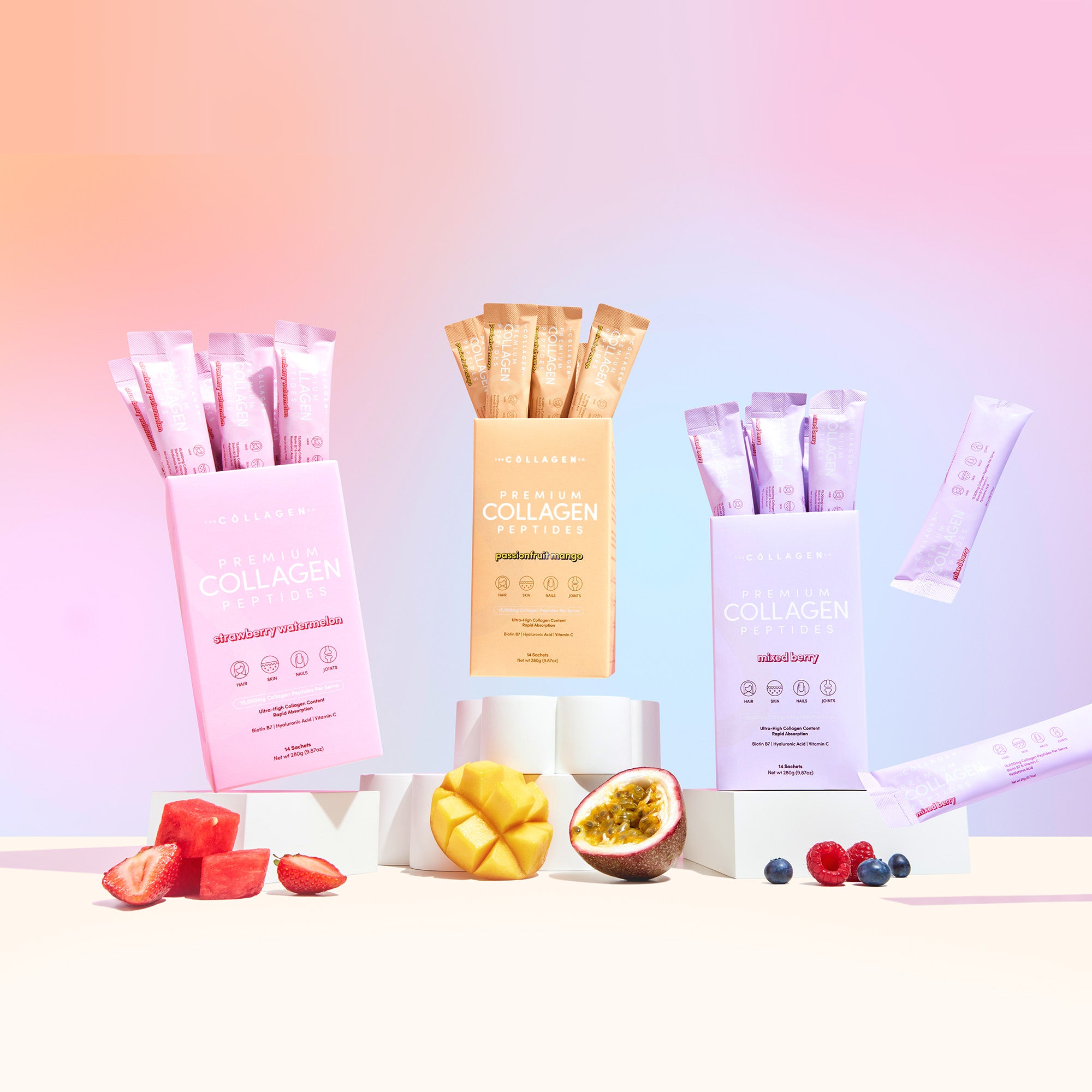Does Collagen Cream Work? (Here’s What You Need Instead)
Posted 8th March 2024
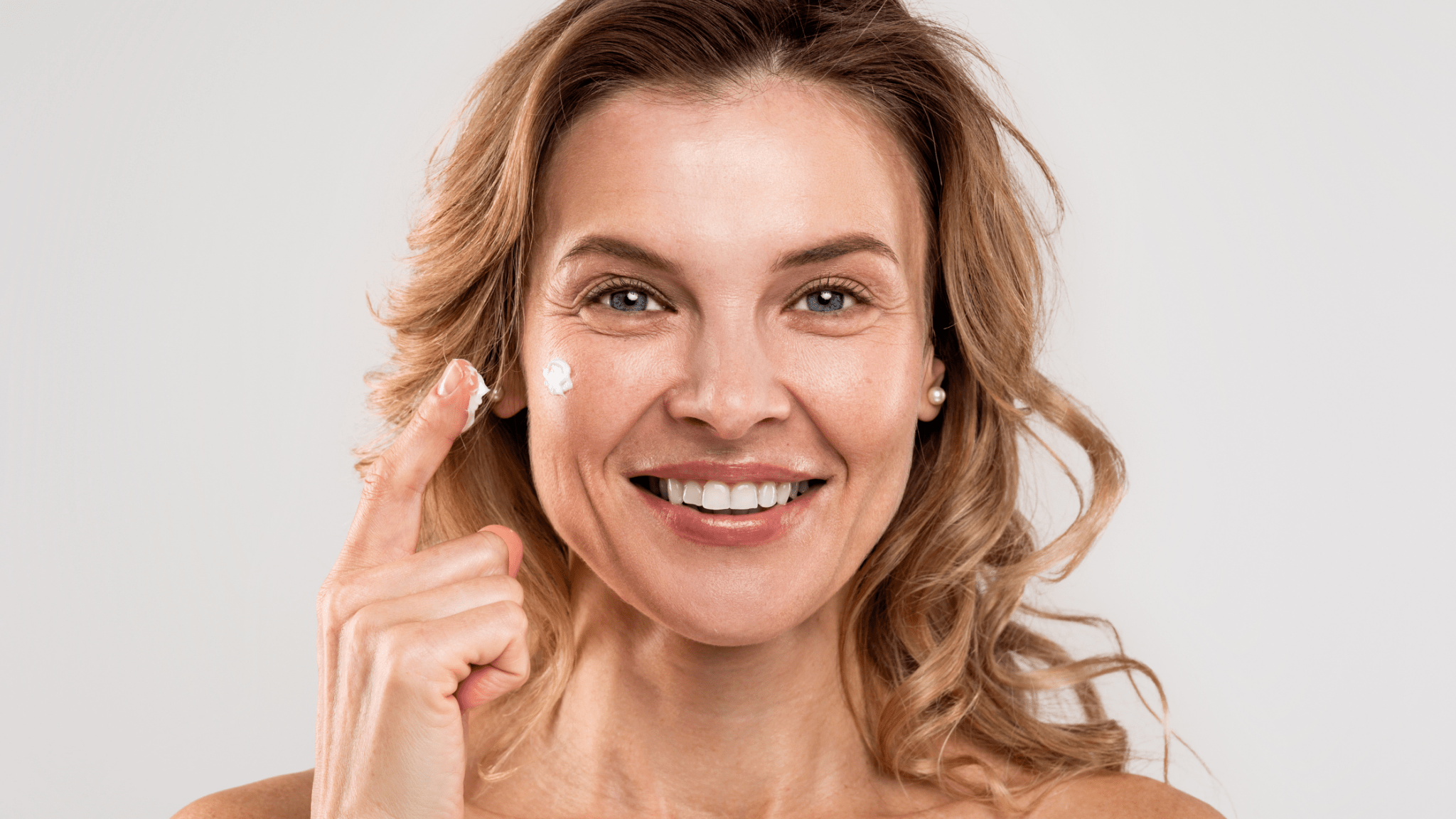
The idea is straightforward.
Apply collagen cream on your face. Collagen molecules sink into the dermis (the inner layer of skin consisting of collagen and elastic fibers) to stimulate the growth and activity of collagen-producing fibroblasts. Wake up to smooth, plump, and supple skin.
Sounds good … but does it pan out in reality?
Let’s remove the rose-tinted glasses and objectively examine what a collagen cream — or any topical collagen skincare, for that matter — can and cannot do.
What can a collagen cream do?
To get straight to the point, the truth is that collagen molecules are just too large to plunge below your epidermis (the outermost layer of skin).
Meaning?
The collagen cream ends up sitting on top, moisturizing your skin, giving you the temporary appearance of bouncy skin instead of providing actual, long-lasting anti-aging benefits. Because it doesn’t get to the dermal layer, you won’t experience skin structure and elasticity improvements from increased collagen production.
Hmm. OK, if collagen molecules cannot penetrate the surface of your skin because of their size, wouldn’t an easy solution be to break them up into smaller chunks?
FYI, the name for the “smaller chunks” of collagen is peptides.
These are short chains of amino acids (an amino acid is the smallest unit of a protein). Right, so will collagen peptide cream do the trick?
Several animal model studies suggest that a small percentage of collagen peptides with a low enough molecular weight between 1 and 13 kDa may be able to penetrate the epidermis. However, there are 2 key caveats:
- No substantial human studies support the finding, and
- The successful absorption of collagen peptides into the dermis appears to depend on biocompatibility and antigenicity (i.e., the capacity of collagen peptides to induce an immune response), which can differ from collagen cream to collagen cream and individual to individual
What’s the alternative?
So, what now? If most collagen creams (containing molecules or peptides) are basically glorified moisturizers, how else should you tackle visible signs of aging for firm, dewy, and baby-smooth skin?
A collagen-specific replacement for collagen creams
On the collagen-specific side of things, instead of thinking topical, think oral supplementation. Unlike collagen skincare, there’s robust (and growing!) scientific literature singing praises of oral collagen peptides’ anti-aging effects on the human skin.
Example: this 2019 systematic review of 11 studies published in the Journal of Drugs in Dermatology.
The researchers concluded that “oral collagen supplements increase skin elasticity, hydration, and dermal collagen density”.
A later 2021 meta-analysis of 19 studies published in the International Journal of Dermatology agrees. It found that the “ingestion of hydrolyzed collagen for 90 days is effective in reducing skin aging, as it reduces wrinkles and improves skin elasticity and hydration”.
It’s also worth noting that the benefits of oral hydrolyzed collagen peptides go way beyond skin-deep:
- Nail health: A 2017 study published in the Journal of Cosmetic Dermatology found that participants who took collagen daily for 24 weeks experienced better nail growth rates, reduced breakage, and improved appearance.
- Gut health: L-glutamate, a main amino acid in collagen, may lower inflammation in the intestine and nourish the “good” gut microbiome.
- Joint health: In a 2016 study published in Nutrition Journal, individuals who took a collagen supplement for 180 days experienced improvements in joint mobility and physical function.
And even then, that’s just the tip of the iceberg when it comes to what collagen supplements could do for you. Click here for a more thorough guide covering the benefits of collagen supplementation.
Other skincare actives
And on the skincare side, you could go for the following time-tested, youth-boosting actives.
Retinol
A milder retinoid (the derivative of vitamin A) that’s available over the counter.
Research shows retinol provides a double-whammy skin-plumping effect of stimulating collagen-producing fibroblasts and blocking the production of collagenase, an enzyme that breaks down collagen.
This 2015 clinical trial published in the Journal of Drugs in Dermatology found that the daily use of a retinol product for a year reduced the appearance of crow’s feet by 44% in women between the ages of 40 and 55.
Vitamin C
Like retinol, research also shows vitamin C could stimulate your skin’s production of collagen — increasing skin firmness and elasticity and helping keep it plump and hydrated.
A 2003 clinical trial published in the Journal of the American Academy of Dermatology showed that daily application of topical vitamin C over 4 months led to a significant increase in the density of dermal papillae (the uppermost layer of the dermis).
Niacinamide
The amide form of water-soluble vitamin B3 (nicotinic acid, niacin).
A large body of evidence shows that topical niacinamide helps promote the synthesis of dermal collagen while inhibiting its degradation.
According to a 2005 clinical trial published in Dermatologic Surgery, the daily application of topical niacinamide twice daily for 12 weeks resulted in significant reductions in fine lines and wrinkles, alongside improvements in skin elasticity.
On the hunt for a collagen-specific replacement?
Finding a collagen supplement right for you can feel frustratingly like putting together a 10,000-piece puzzle. To make things quicker and easier for you, here are 3 questions you should run through before charging your credit card:
- Any dietary restrictions or preferences? Although there’s no such thing as “vegan collagen”, you can choose between various animal sources (e.g., porcine, bovine, and marine collagen).
- Is it hydrolyzed collagen peptides? Only collagen peptides with a low enough molecular weight (typically between 3 to 6 kDa) can bypass your digestion tract to exert their beauty- and wellness-promoting functional benefits.
- How many grams of collagen peptides are you getting per serving? Ideally, you’d want at least 5 grams.
Wish to skip the time-consuming search process altogether — but still purchase the best-quality hydrogen collagen peptides that are as effective as they are yummy? That’s where our collagen products come in. A taste of their winning traits:
- Teeny-tiny, digestion-escaping molecular weights of 2-3 kDa
- 5 to 17.5 grams of hydrolyzed collagen peptides per serving
- A slew of ingestible, skin-loving ingredients, from collagen-boosting vitamin C to quenching hyaluronic acid to strengthening biotin
- Irresistible flavors (Purple Grape, Strawberry Watermelon, Passionfruit Mango, mmm)
Don’t wait. Take this quick, 5-minute quiz to find the perfect collagen for you.
